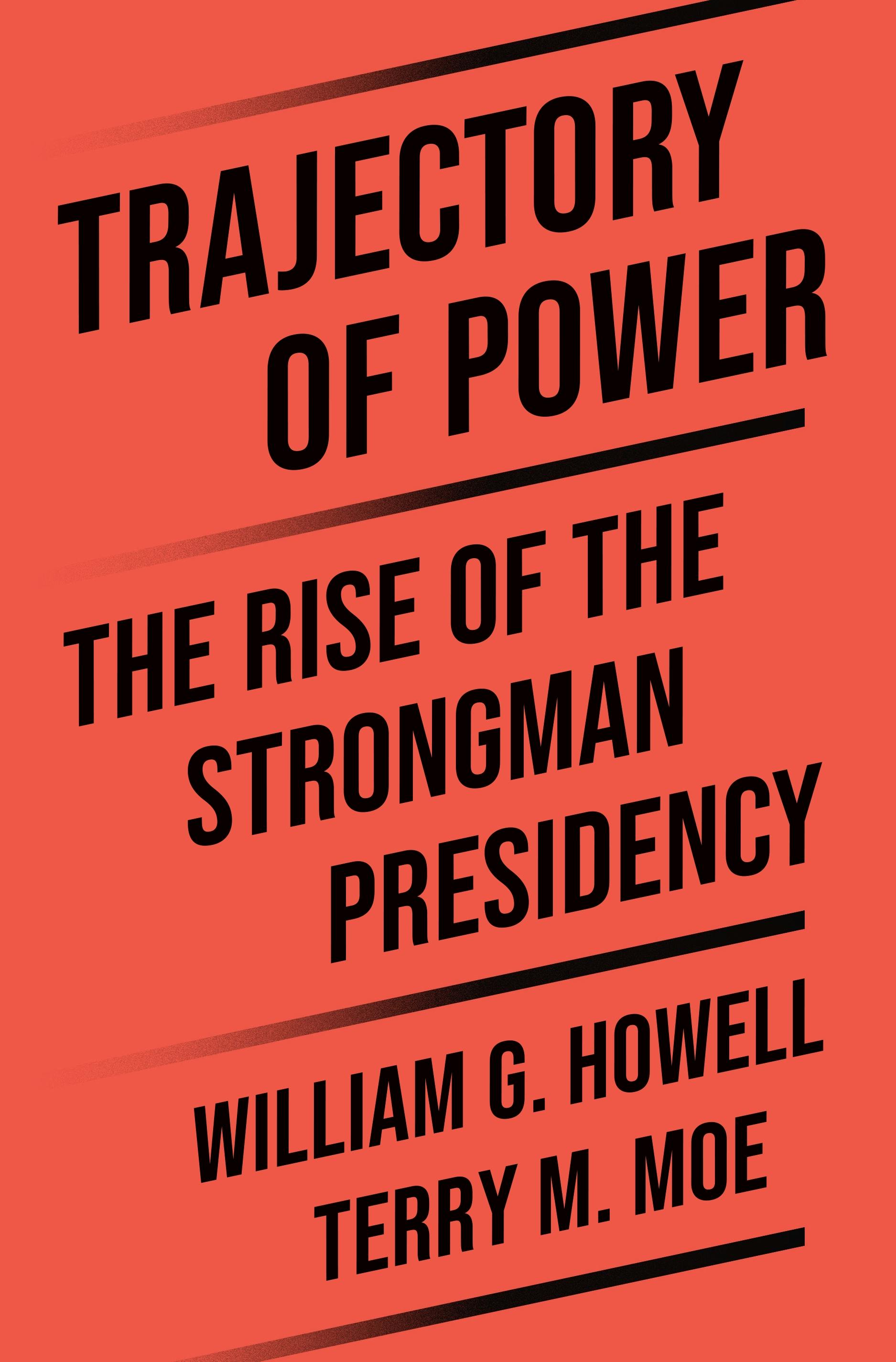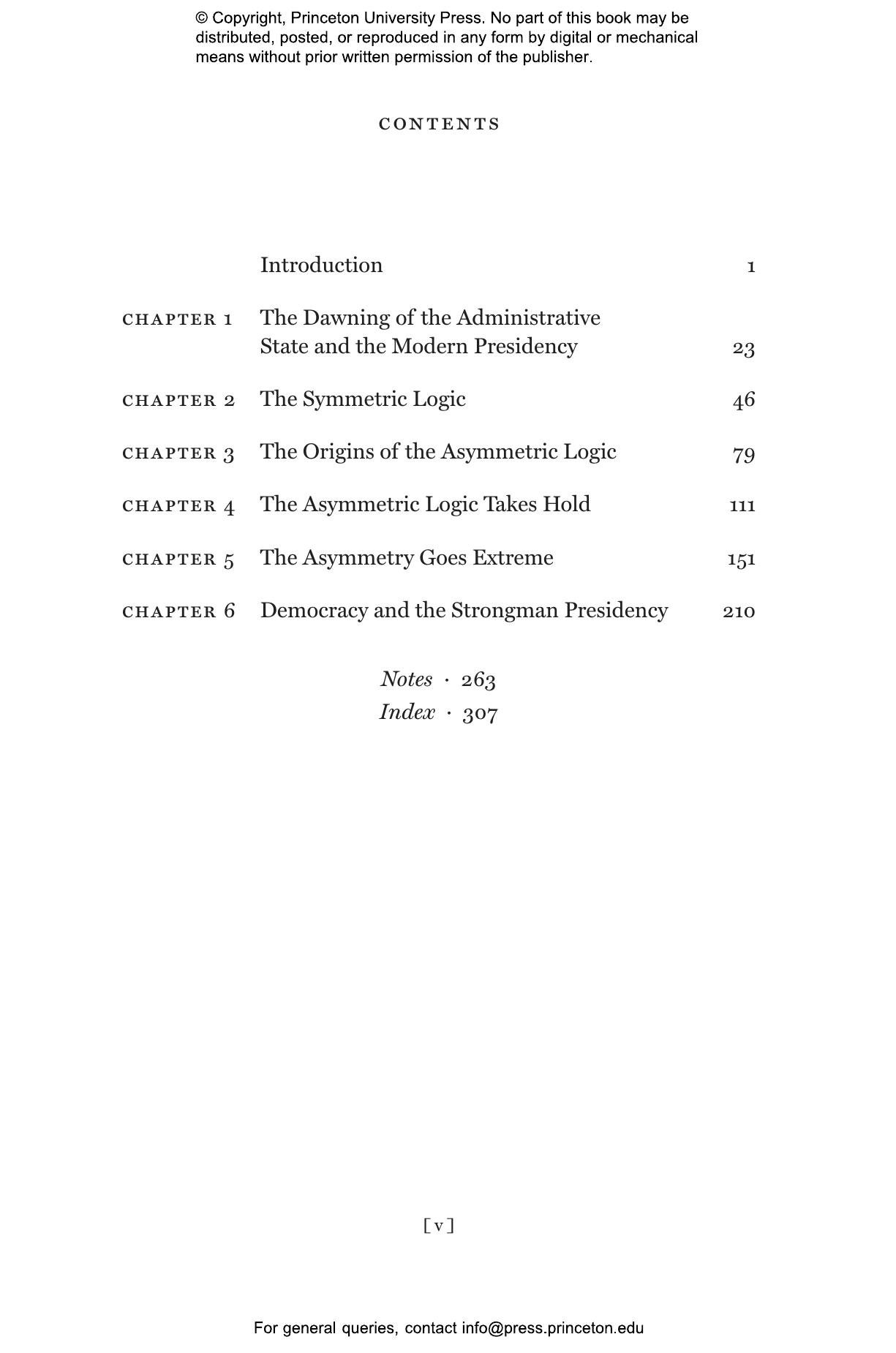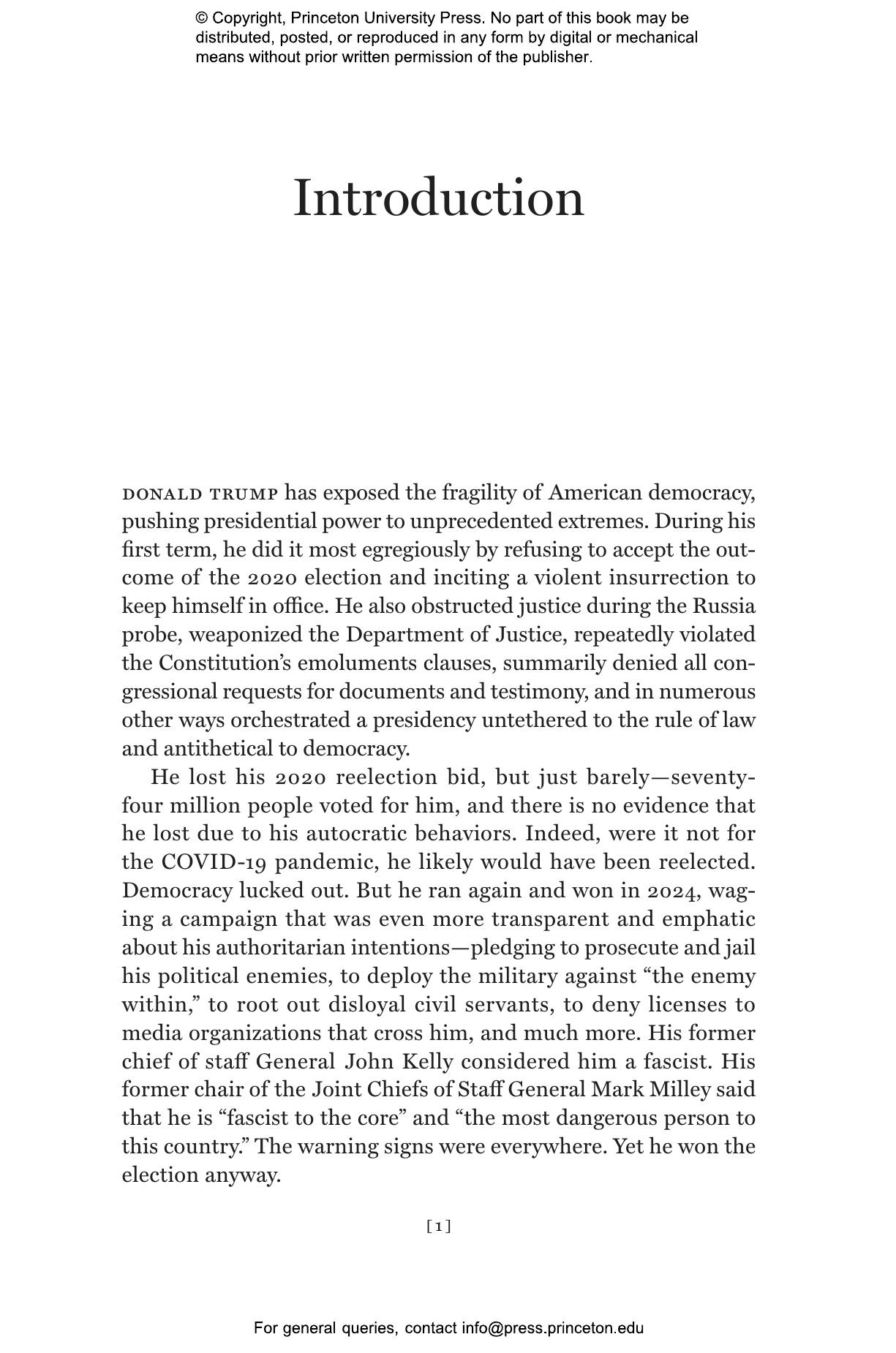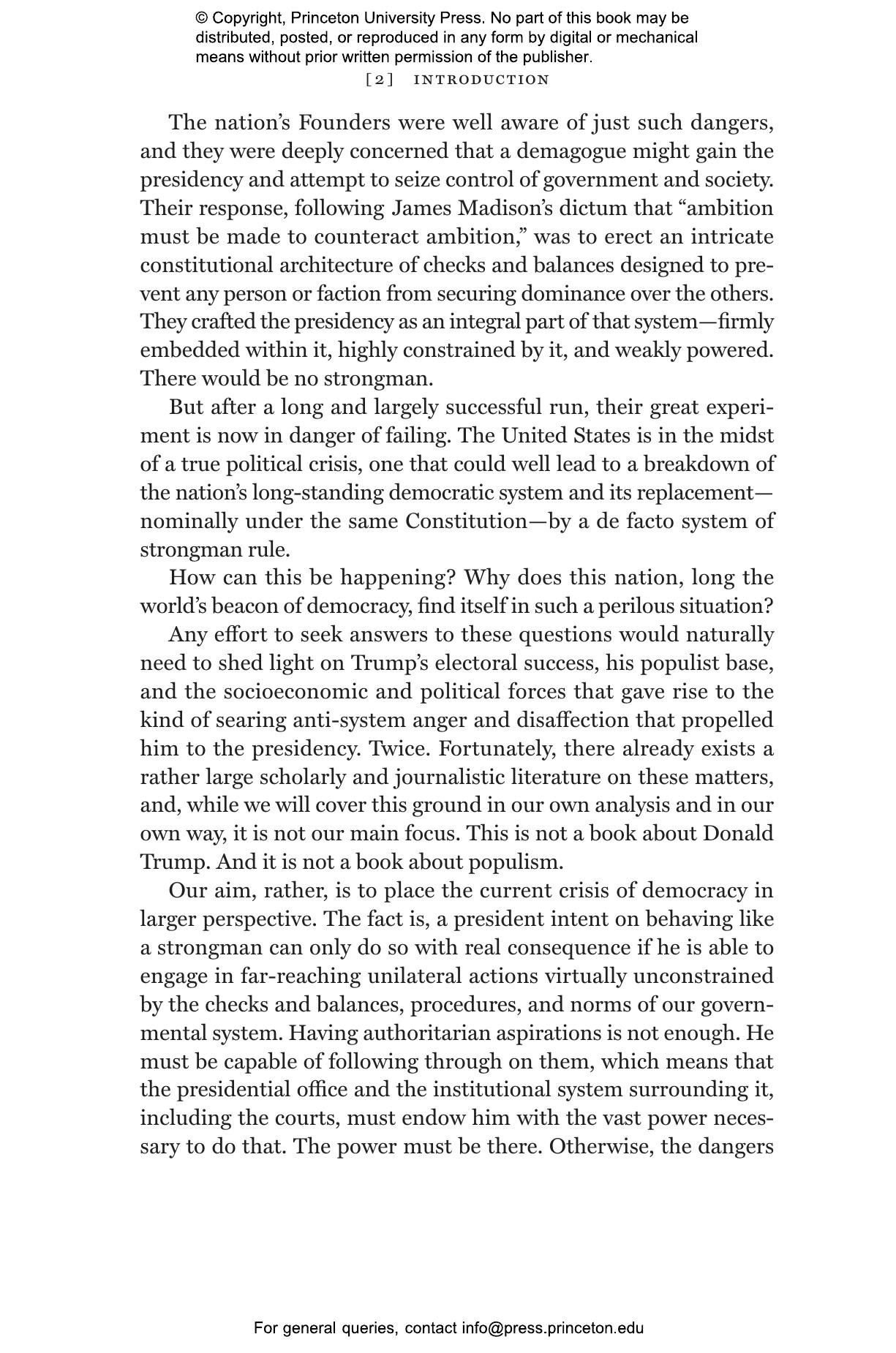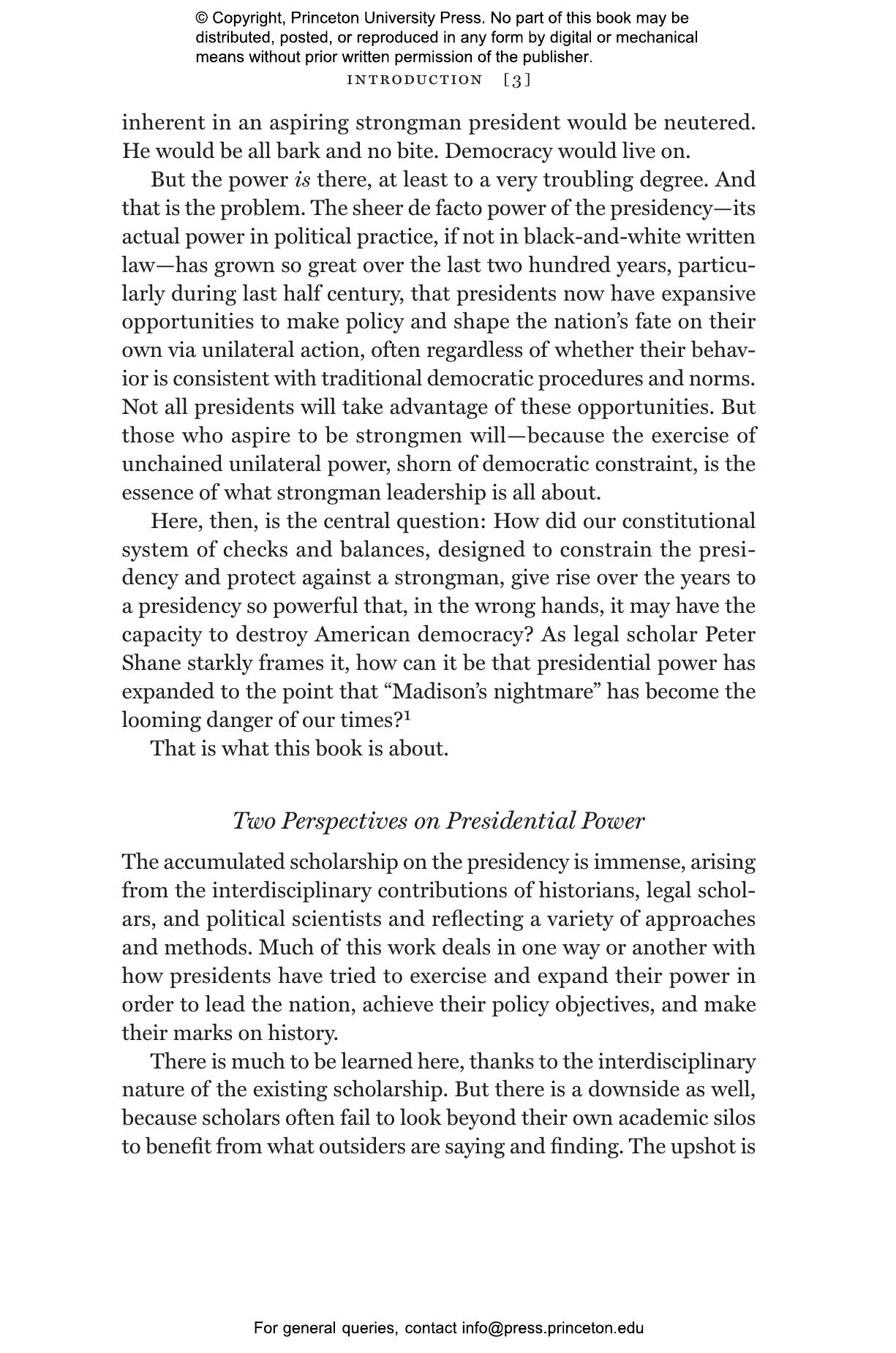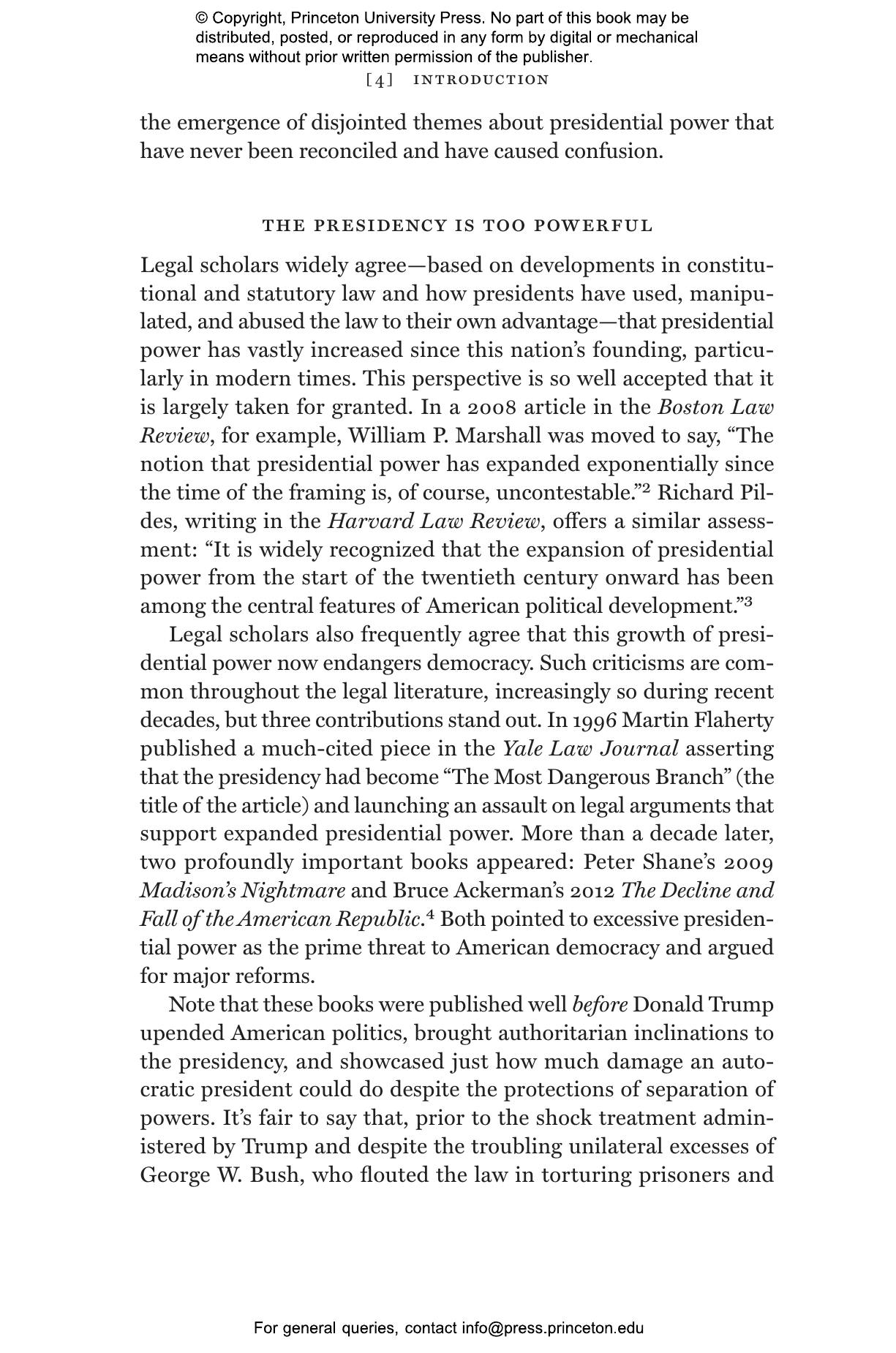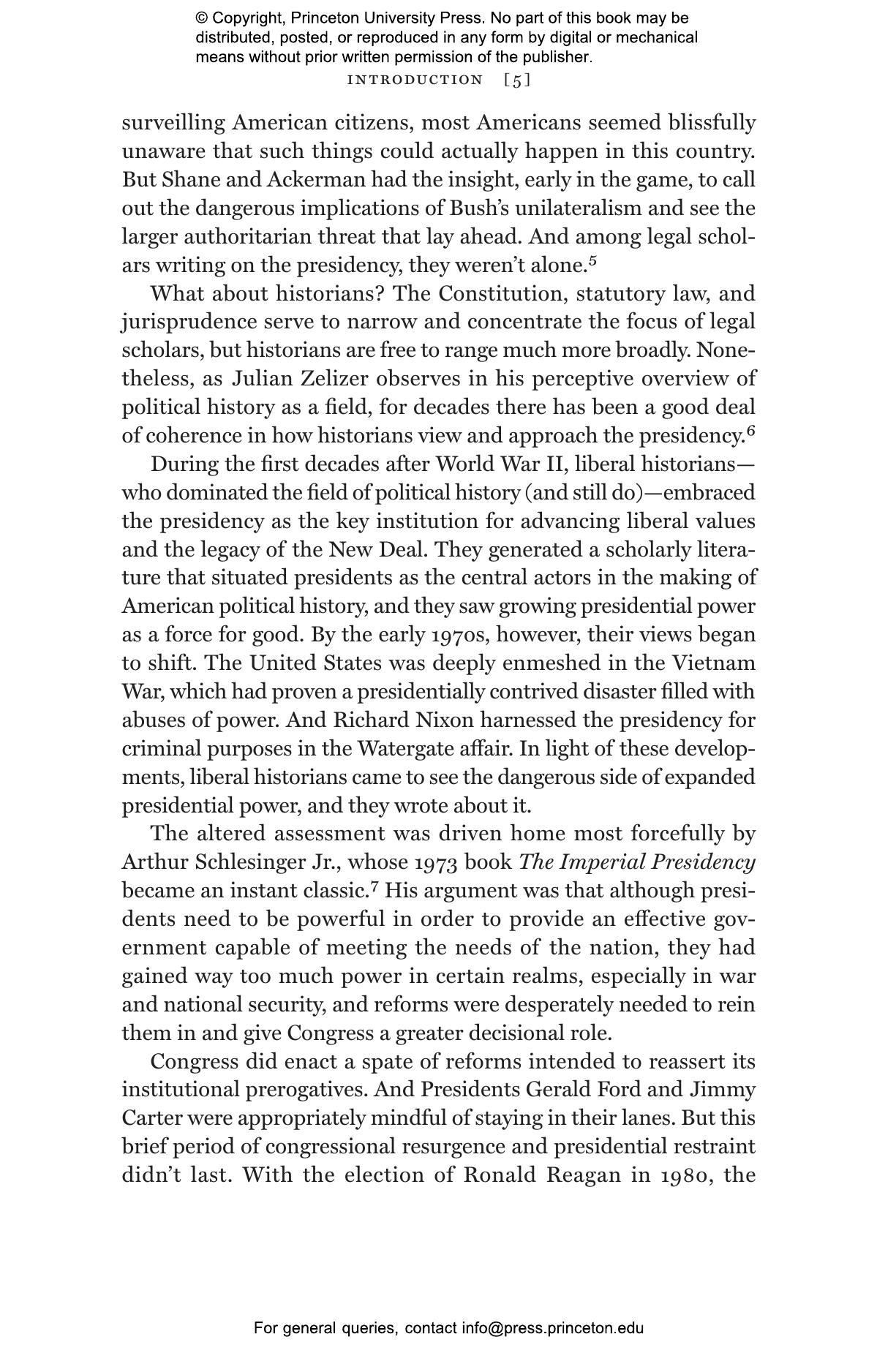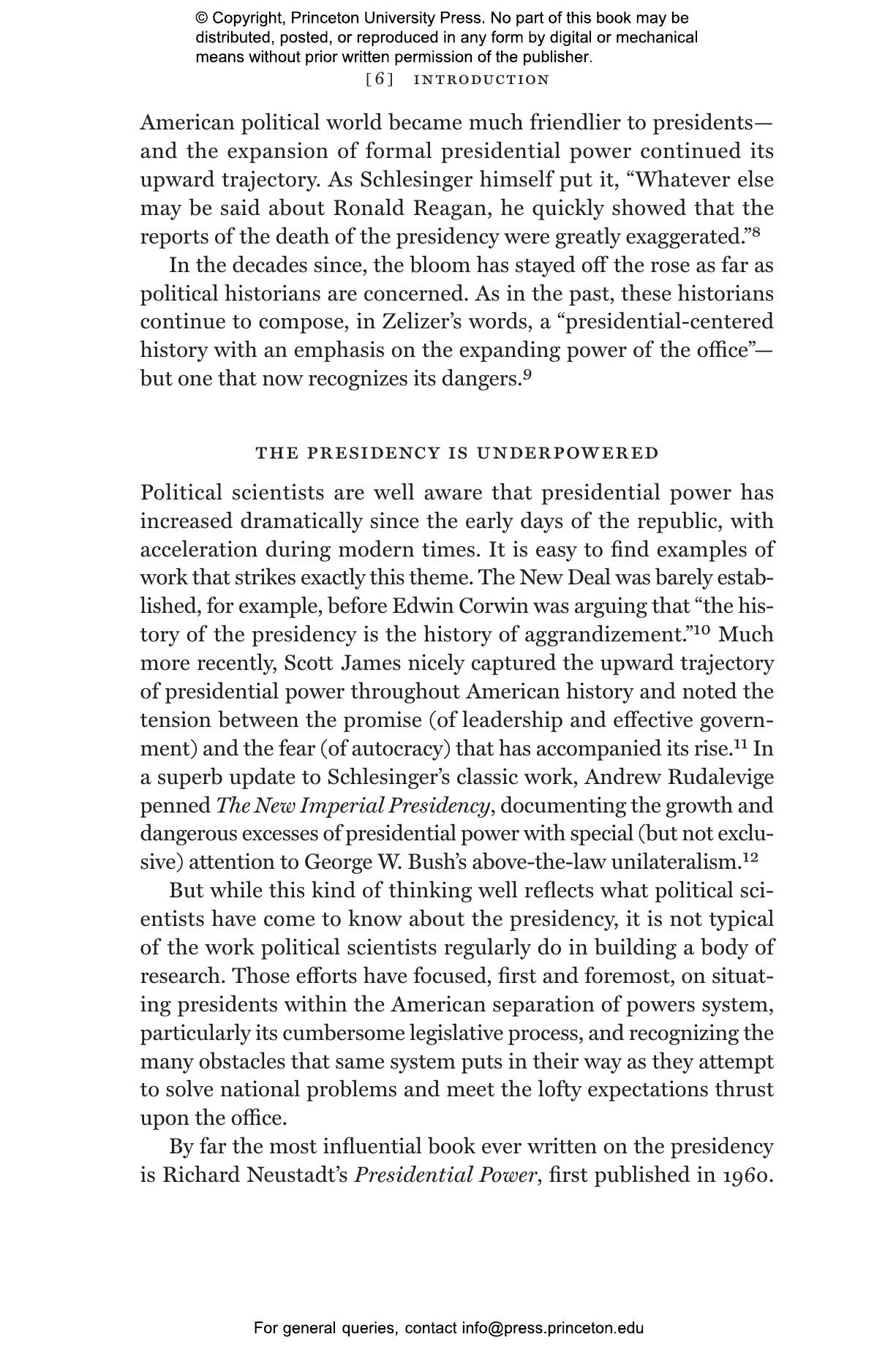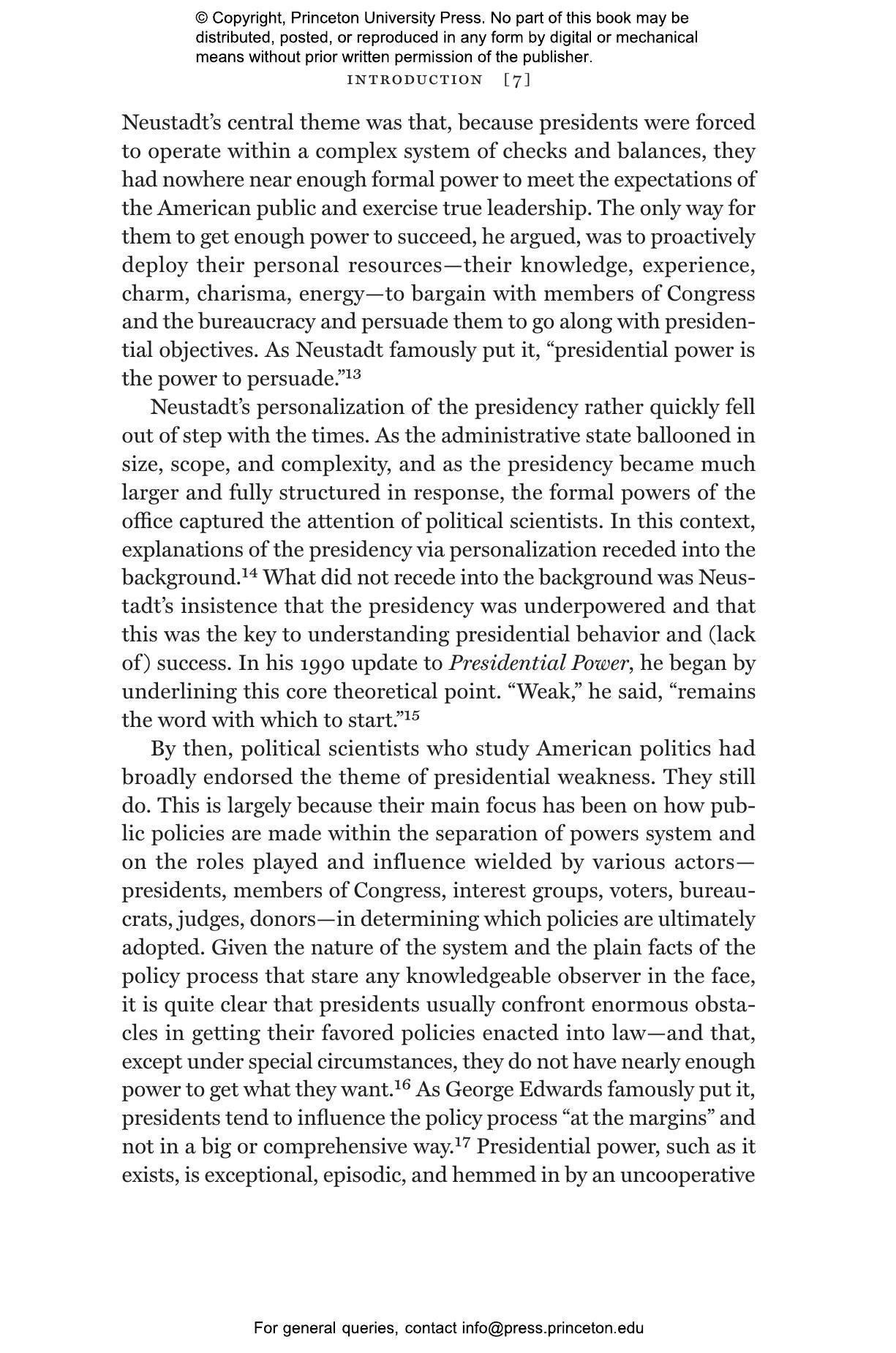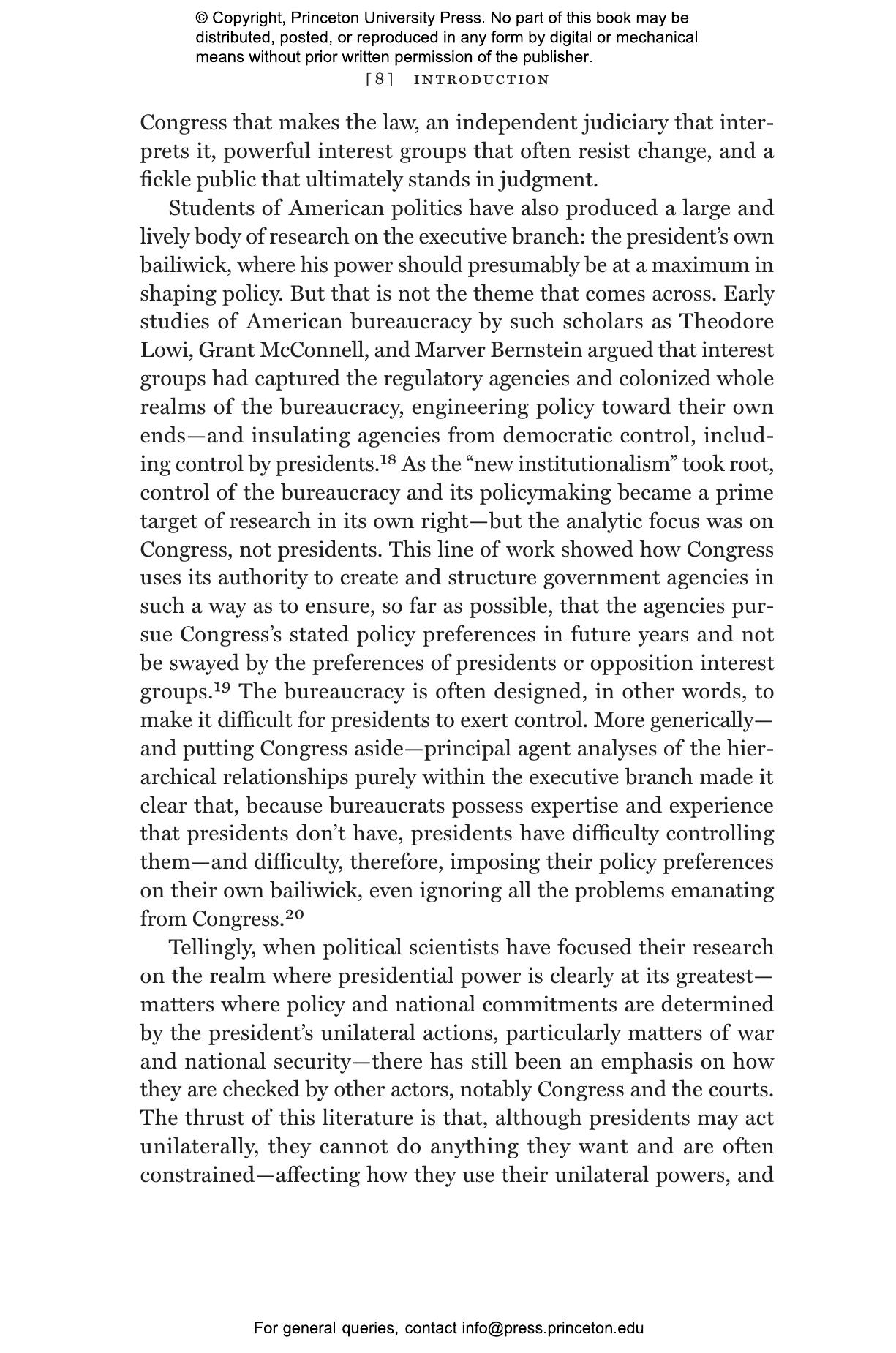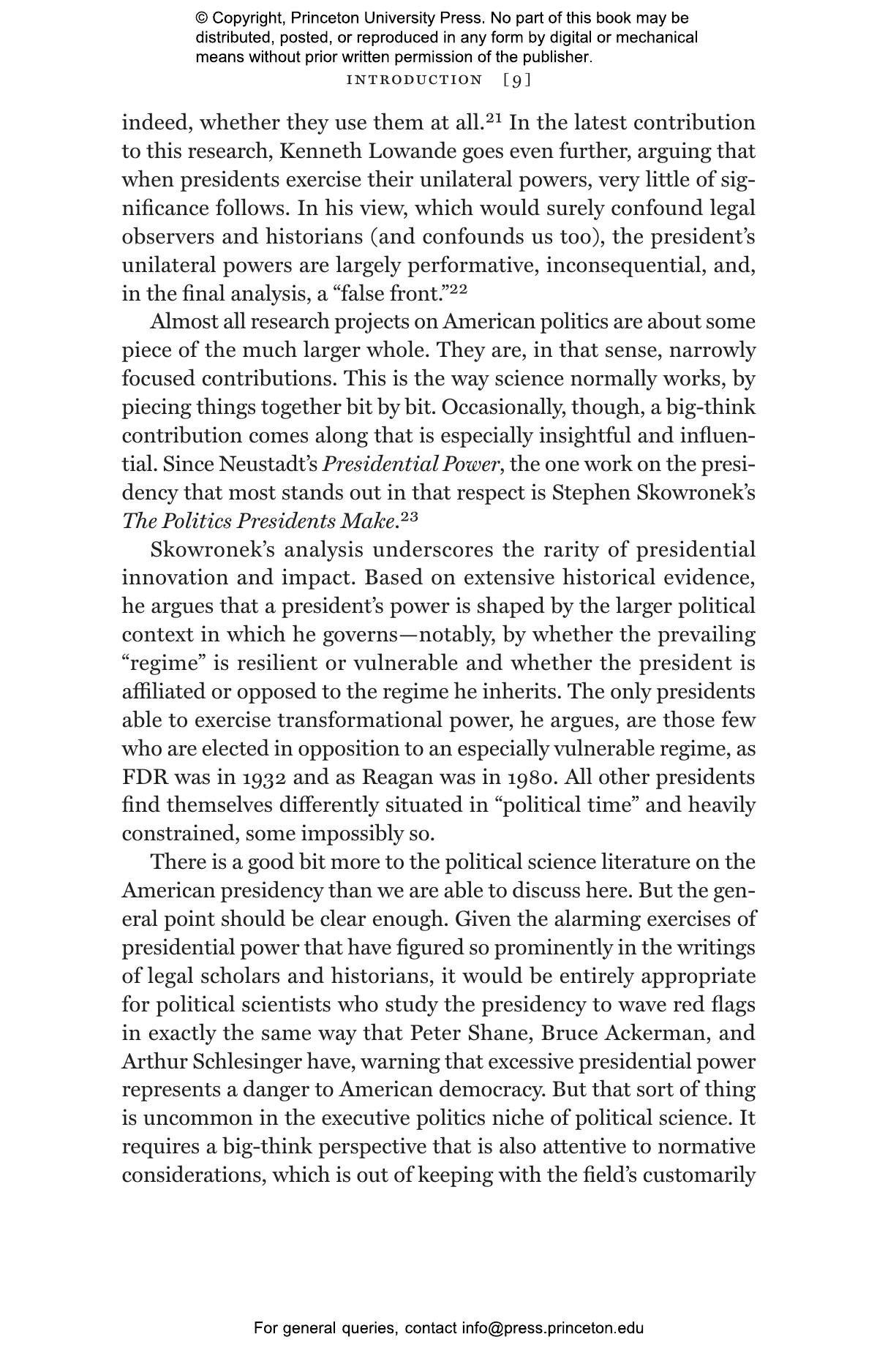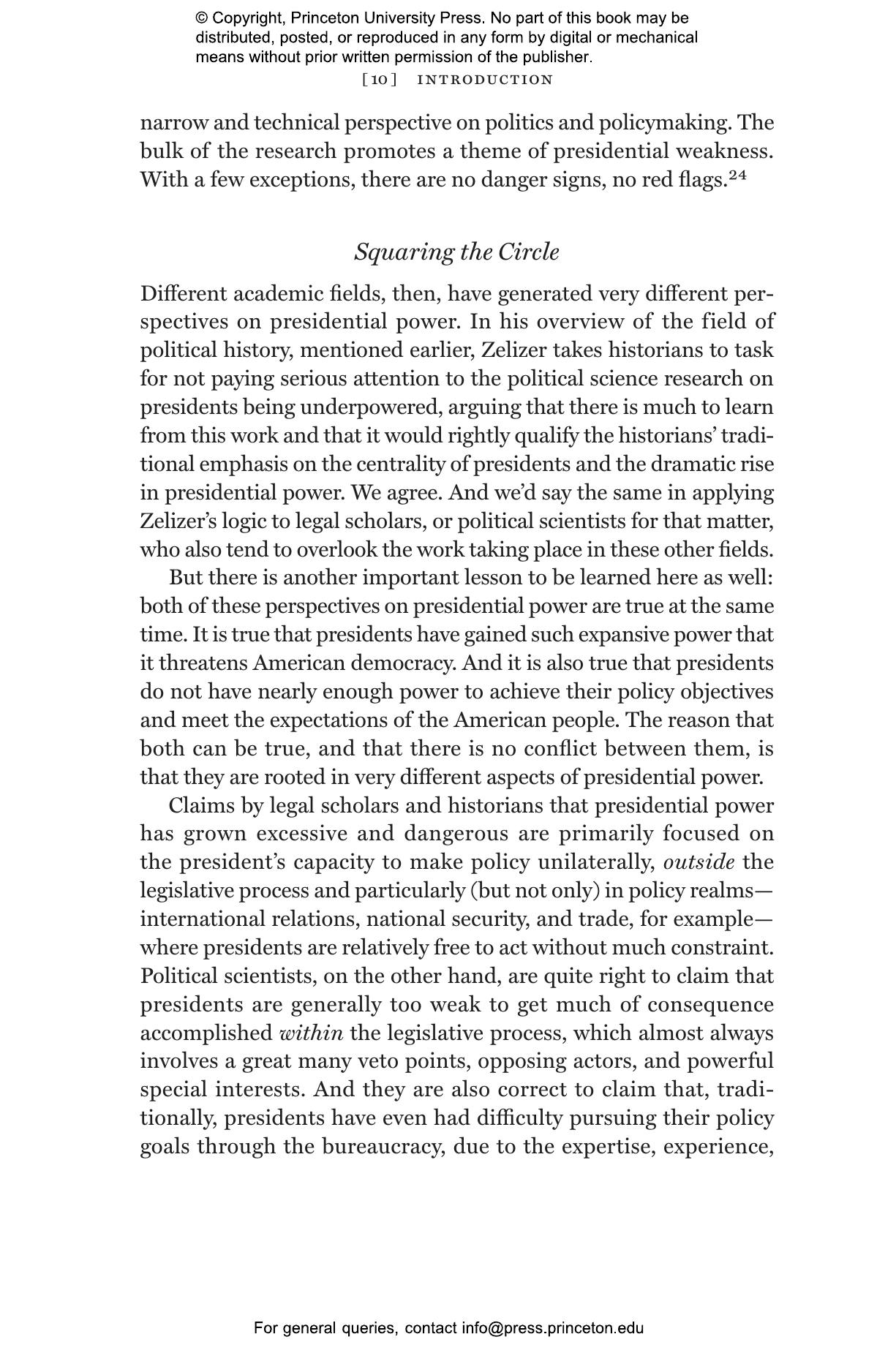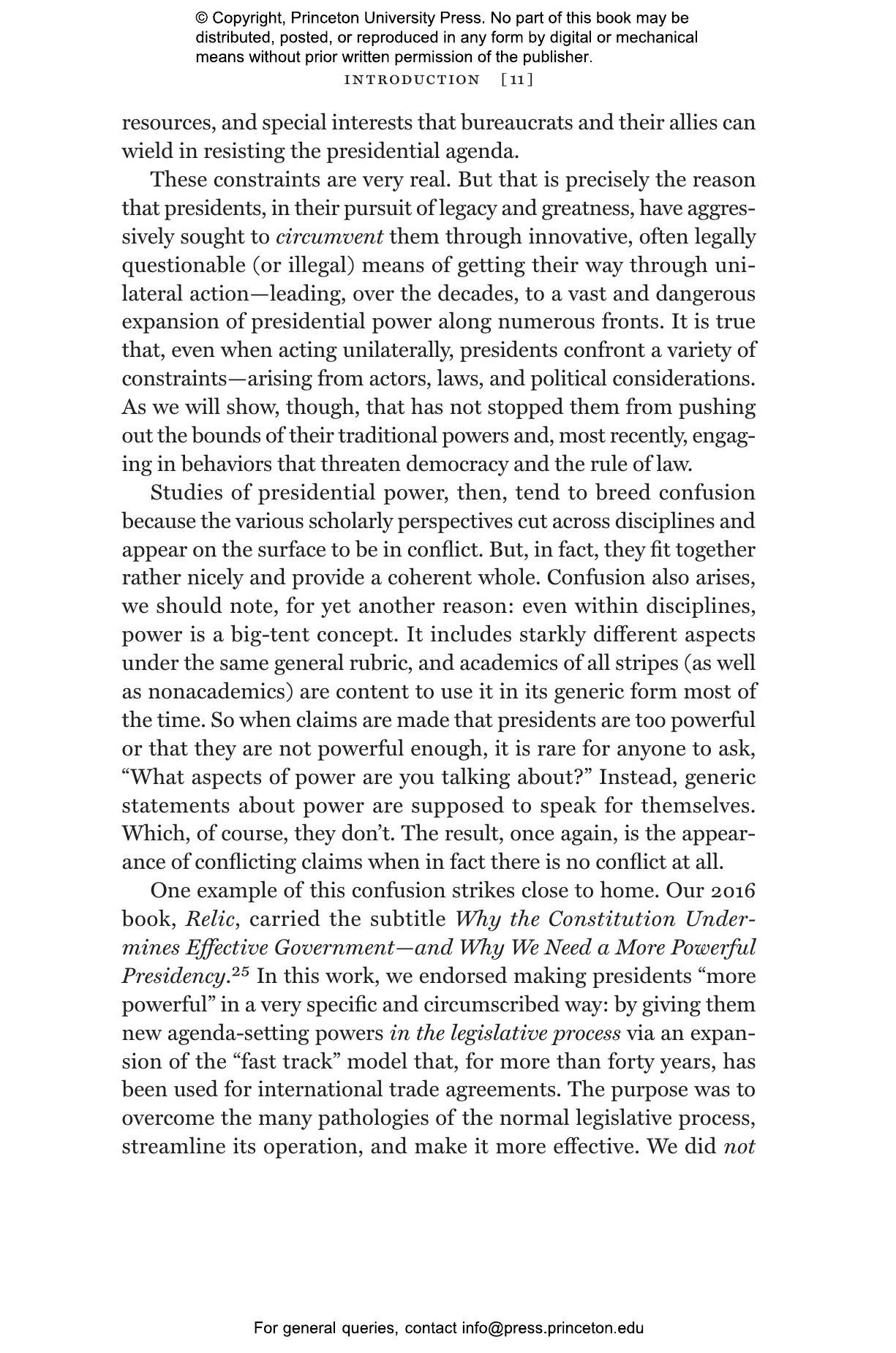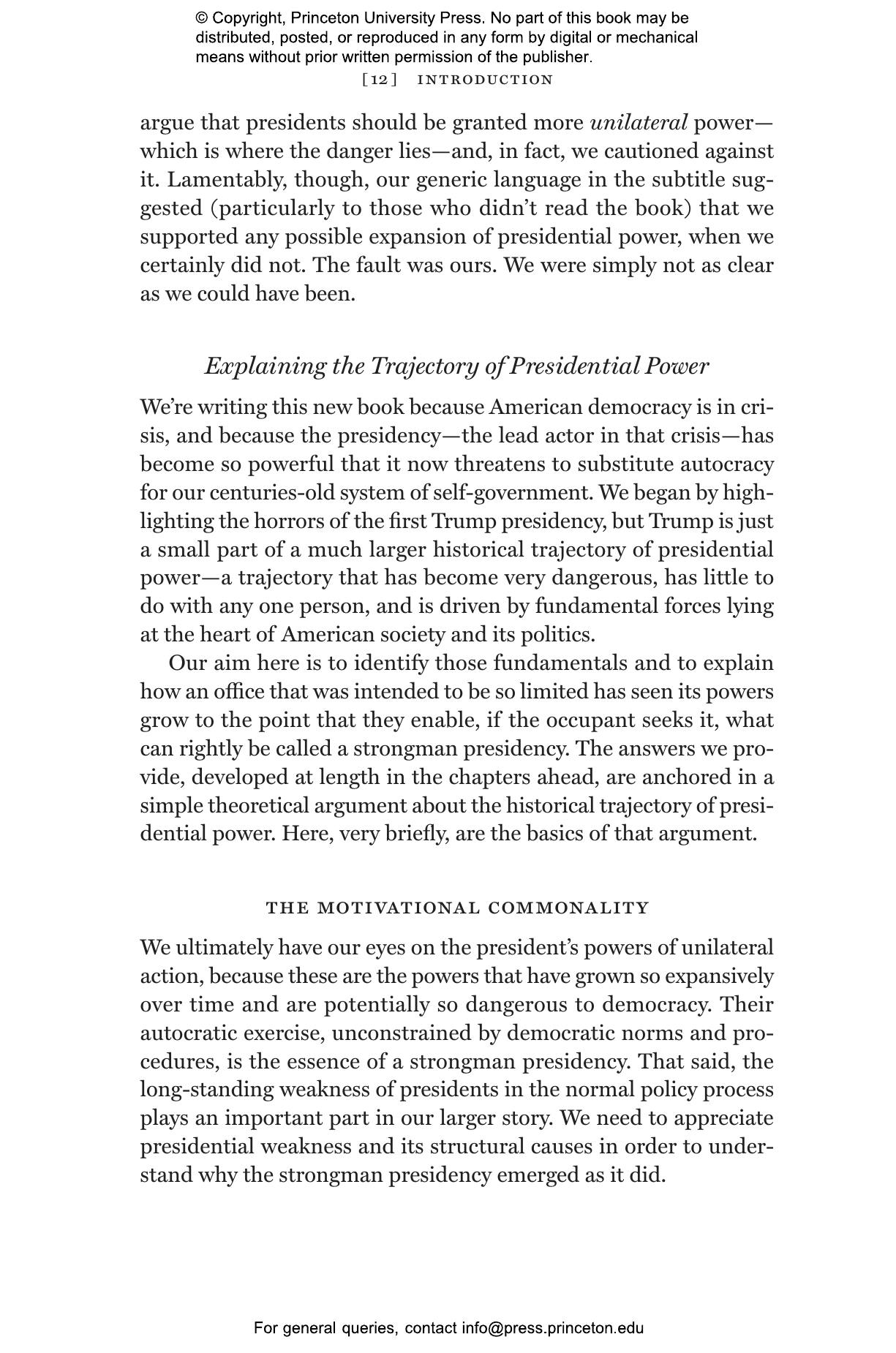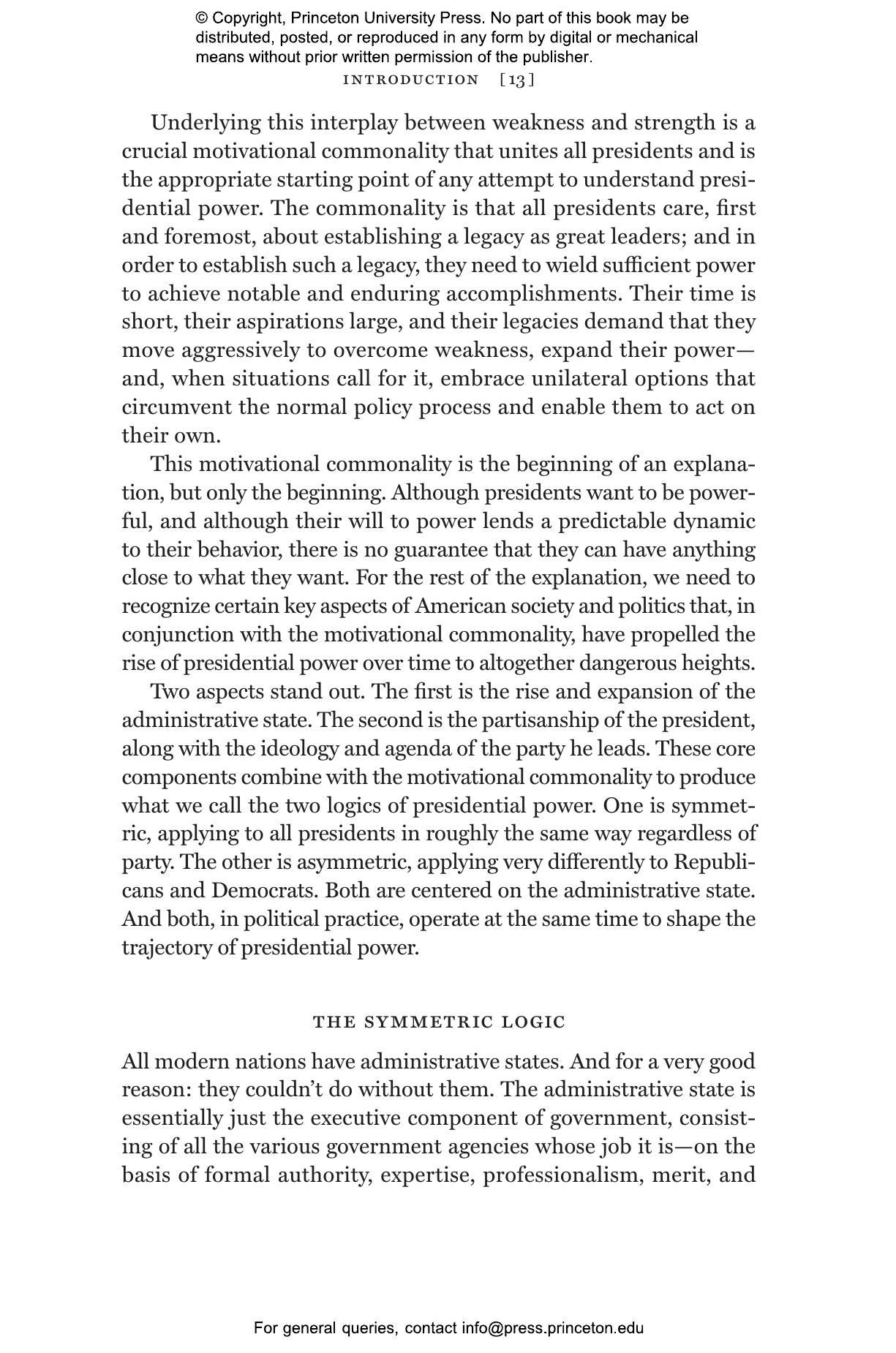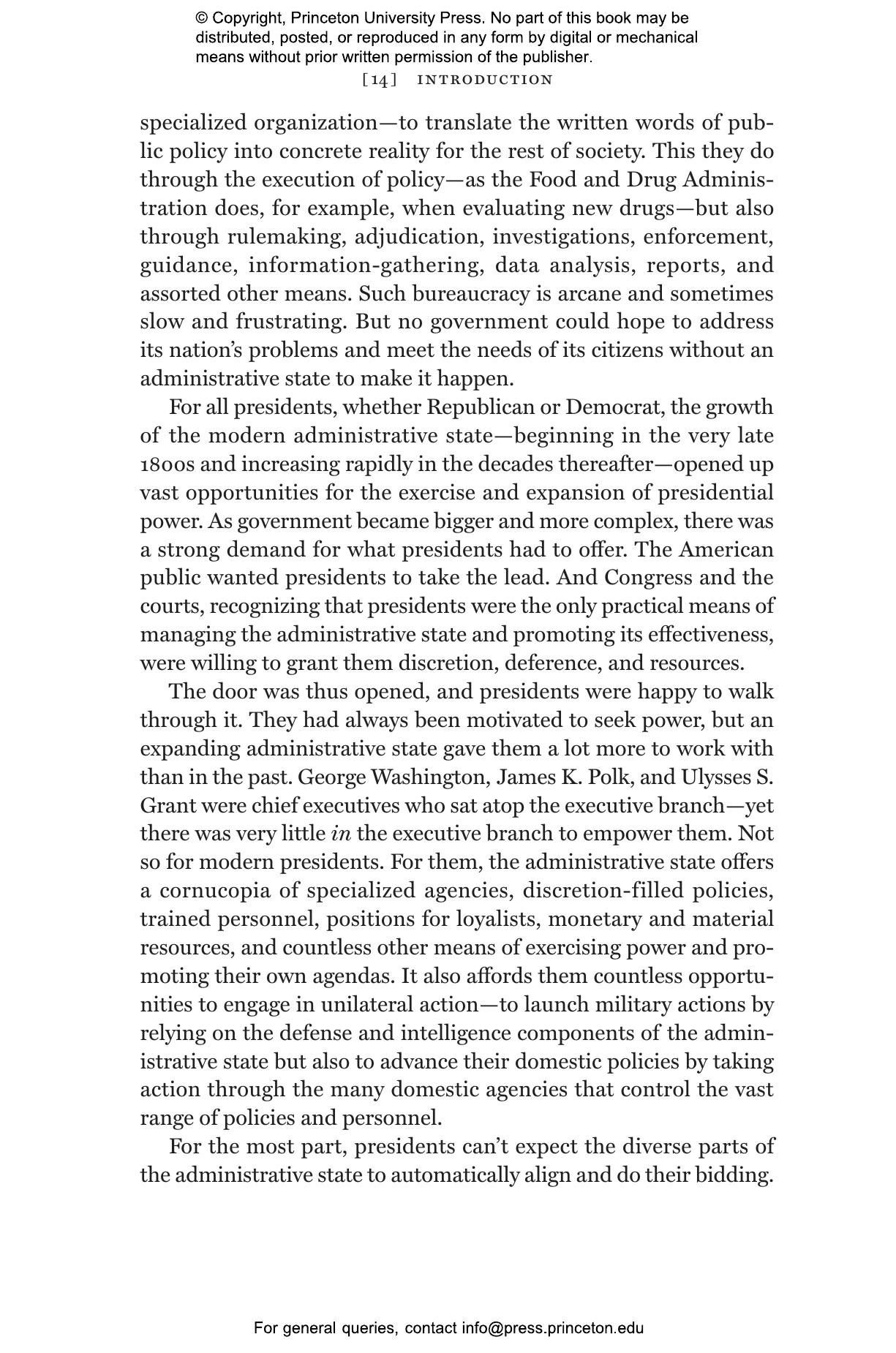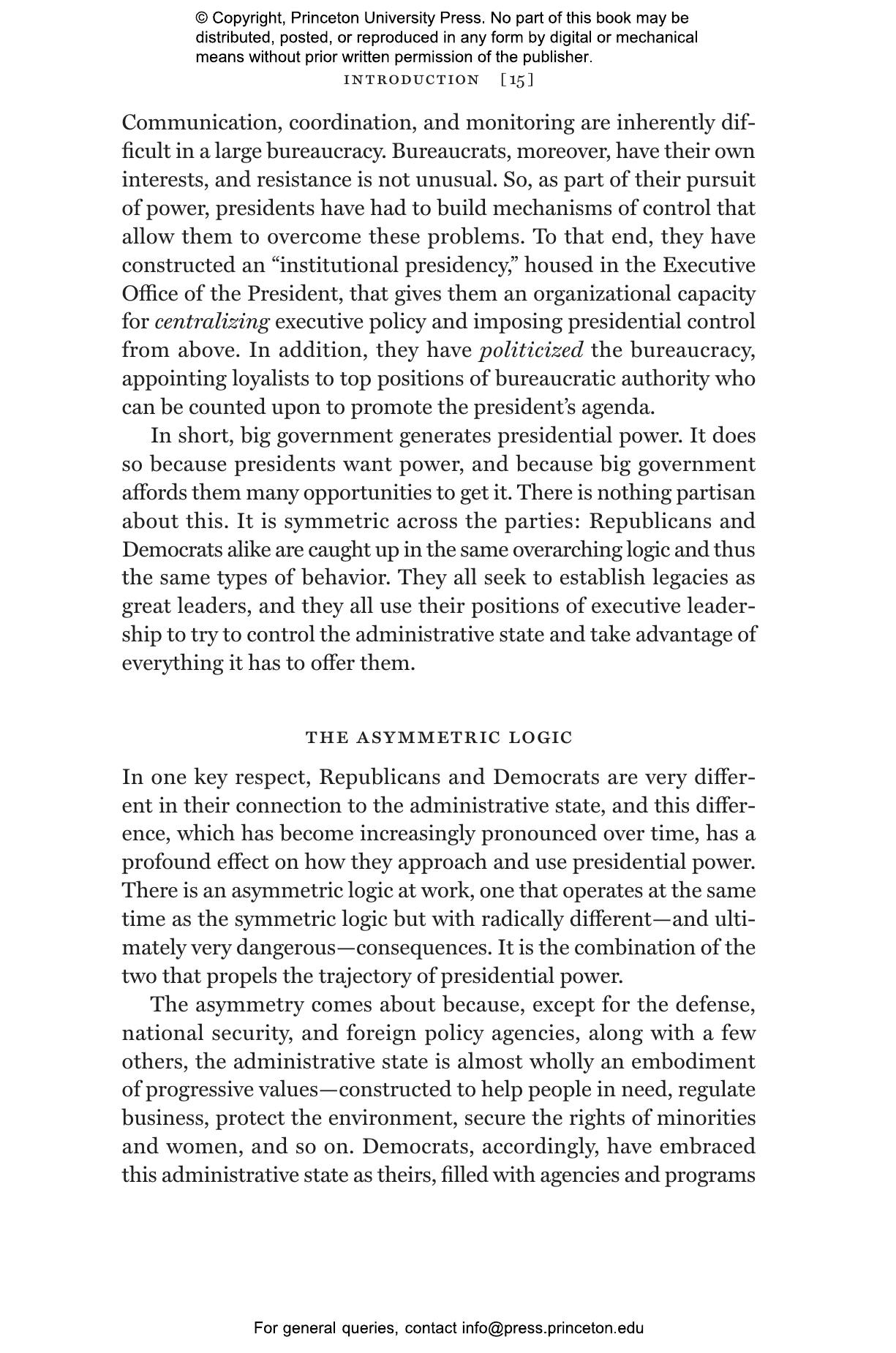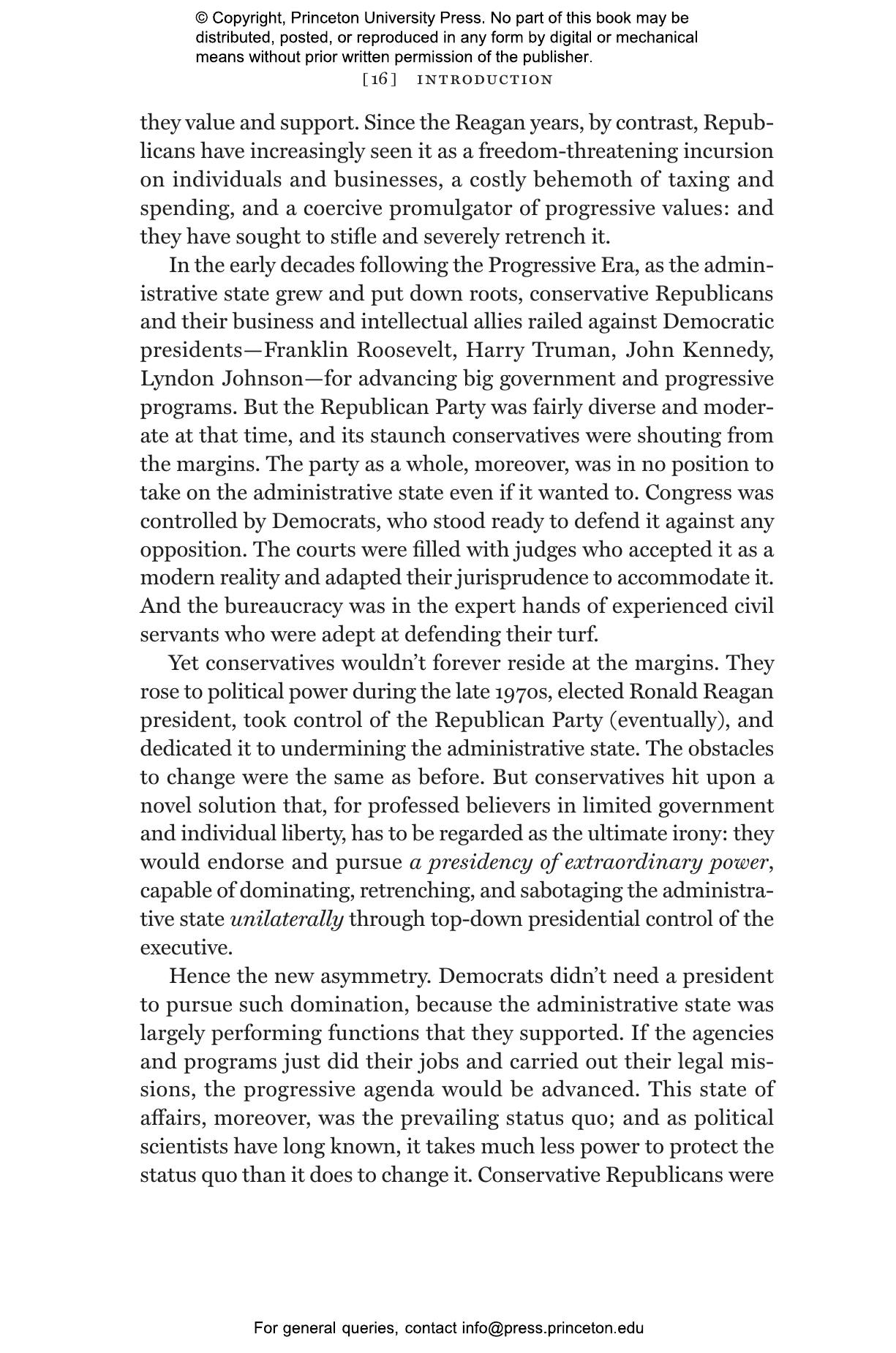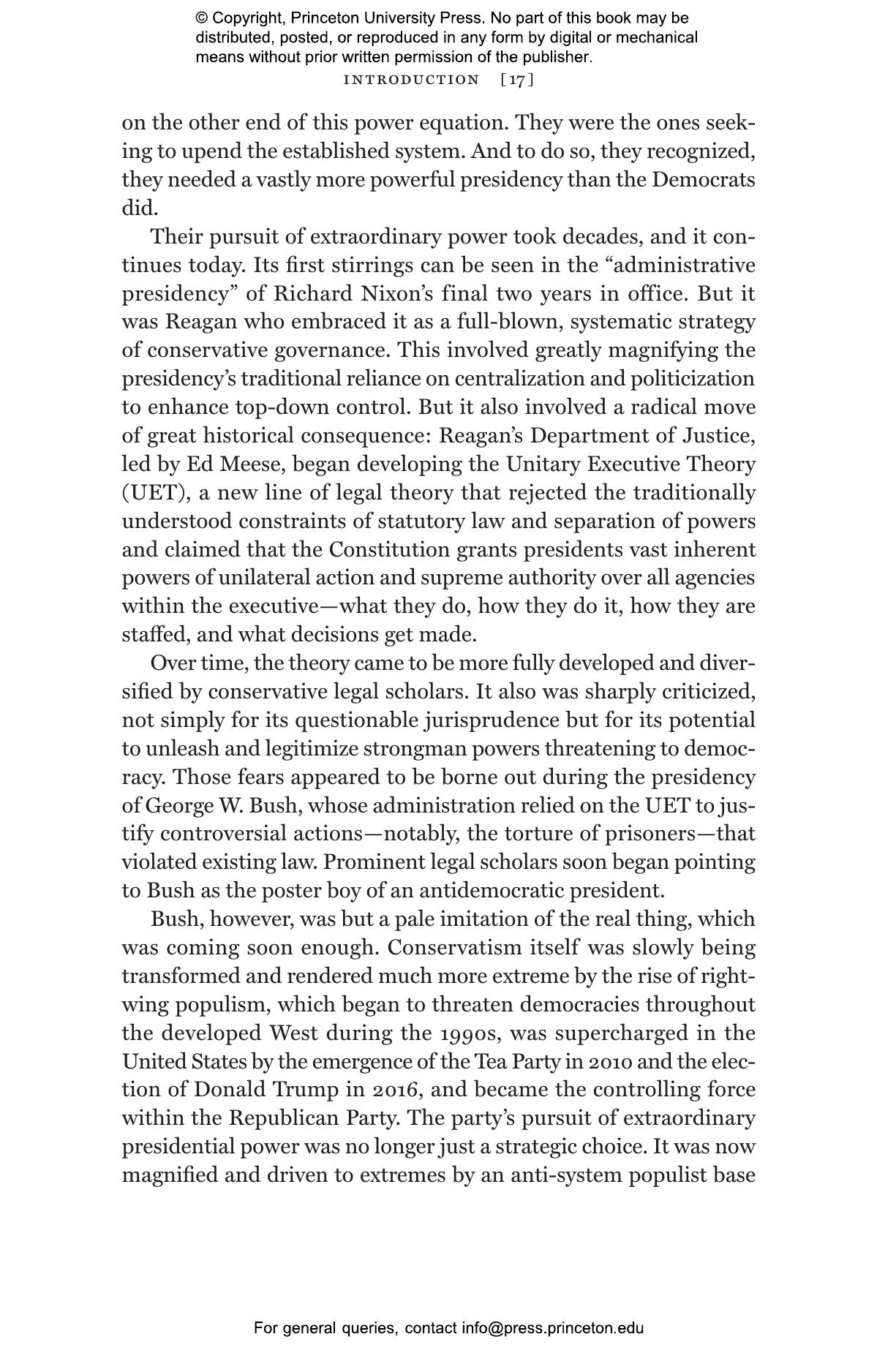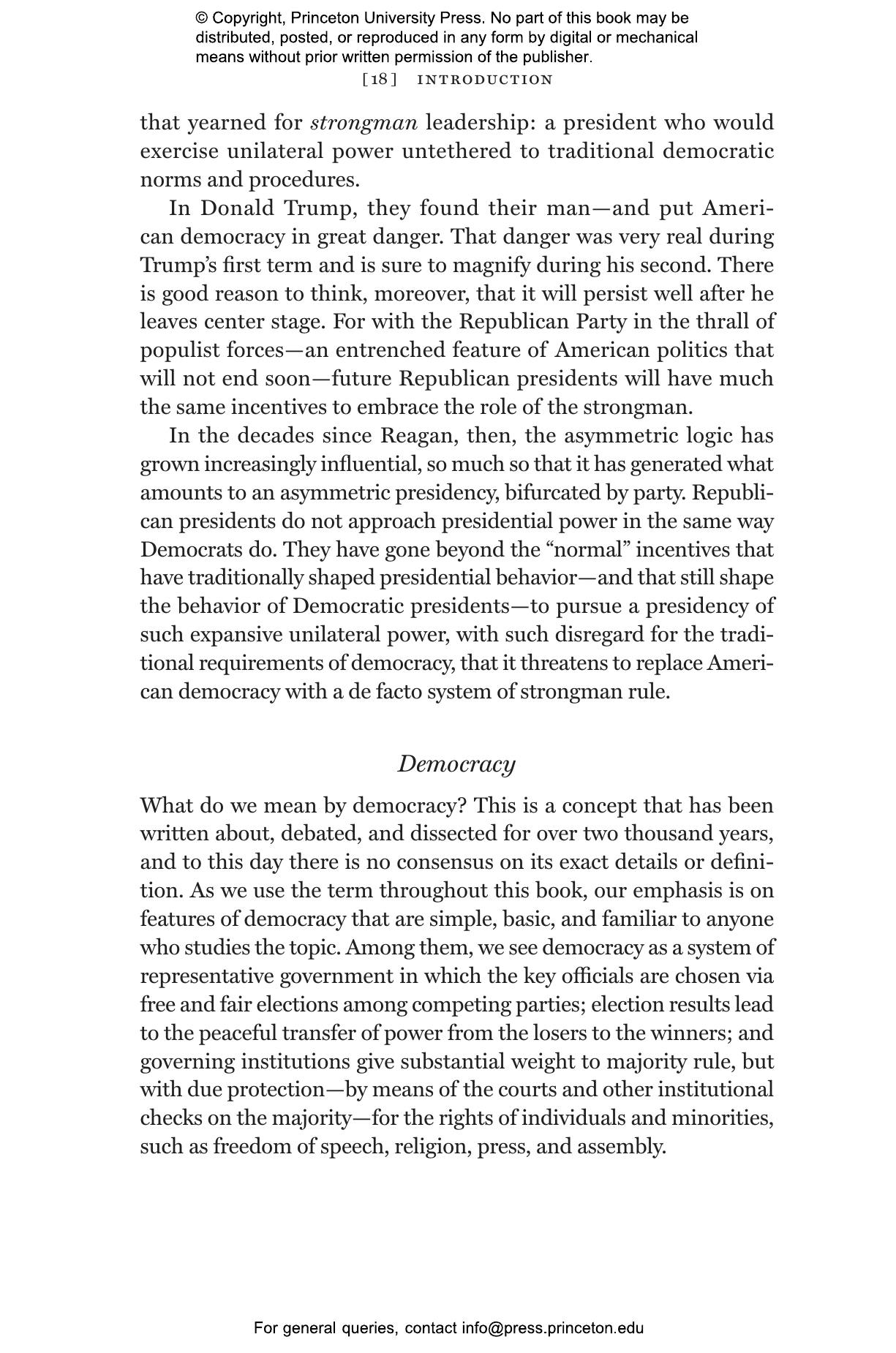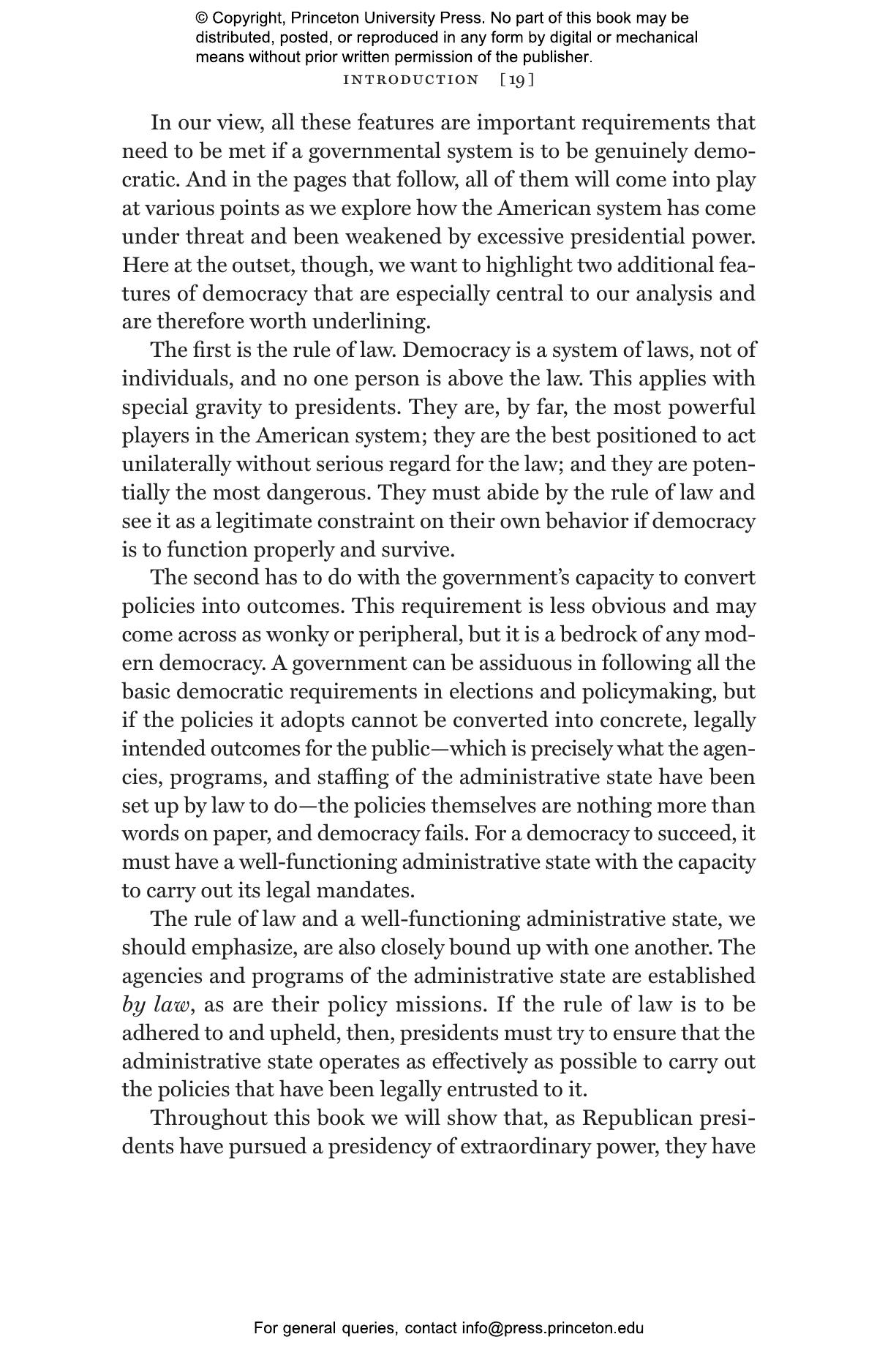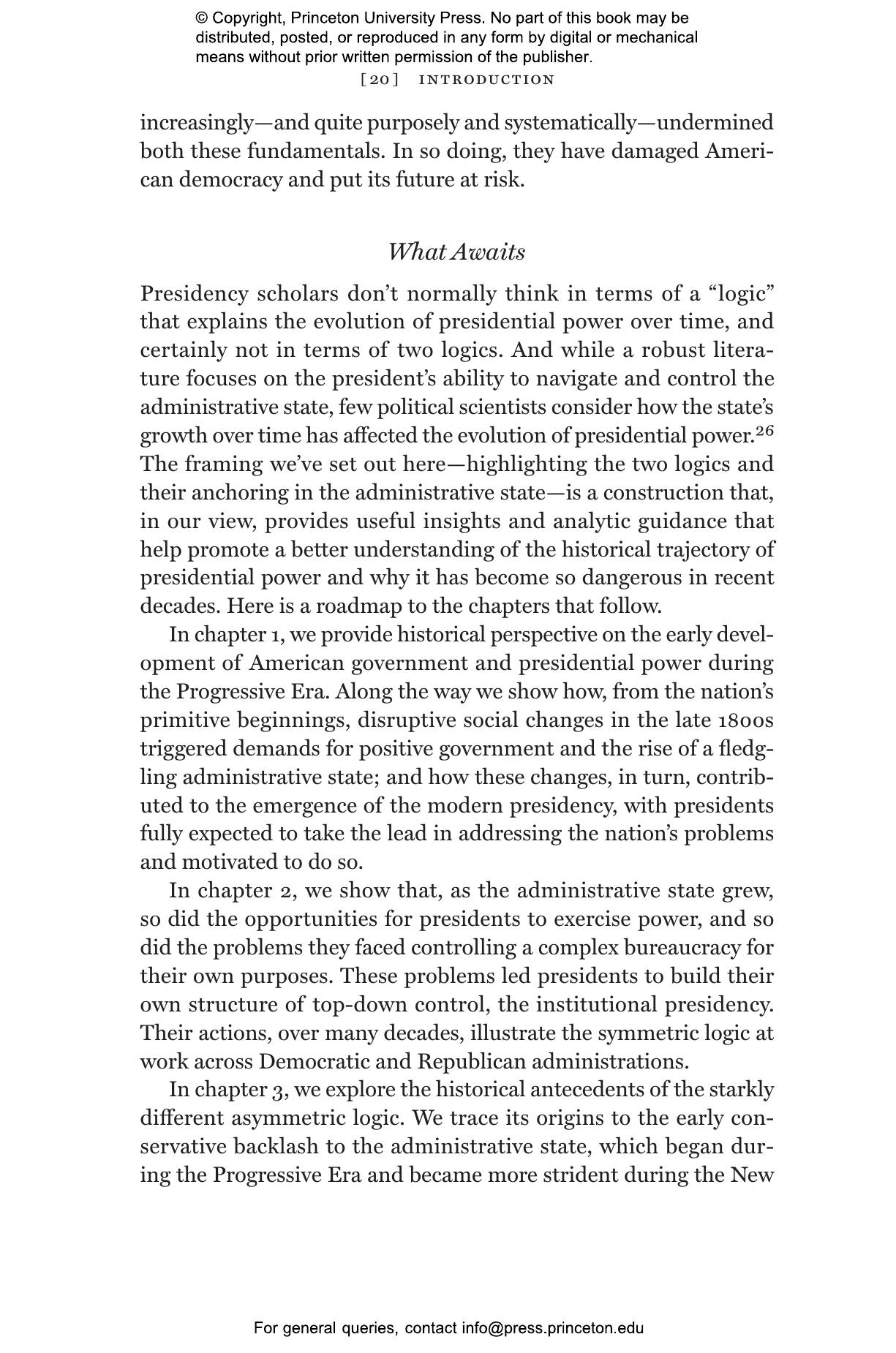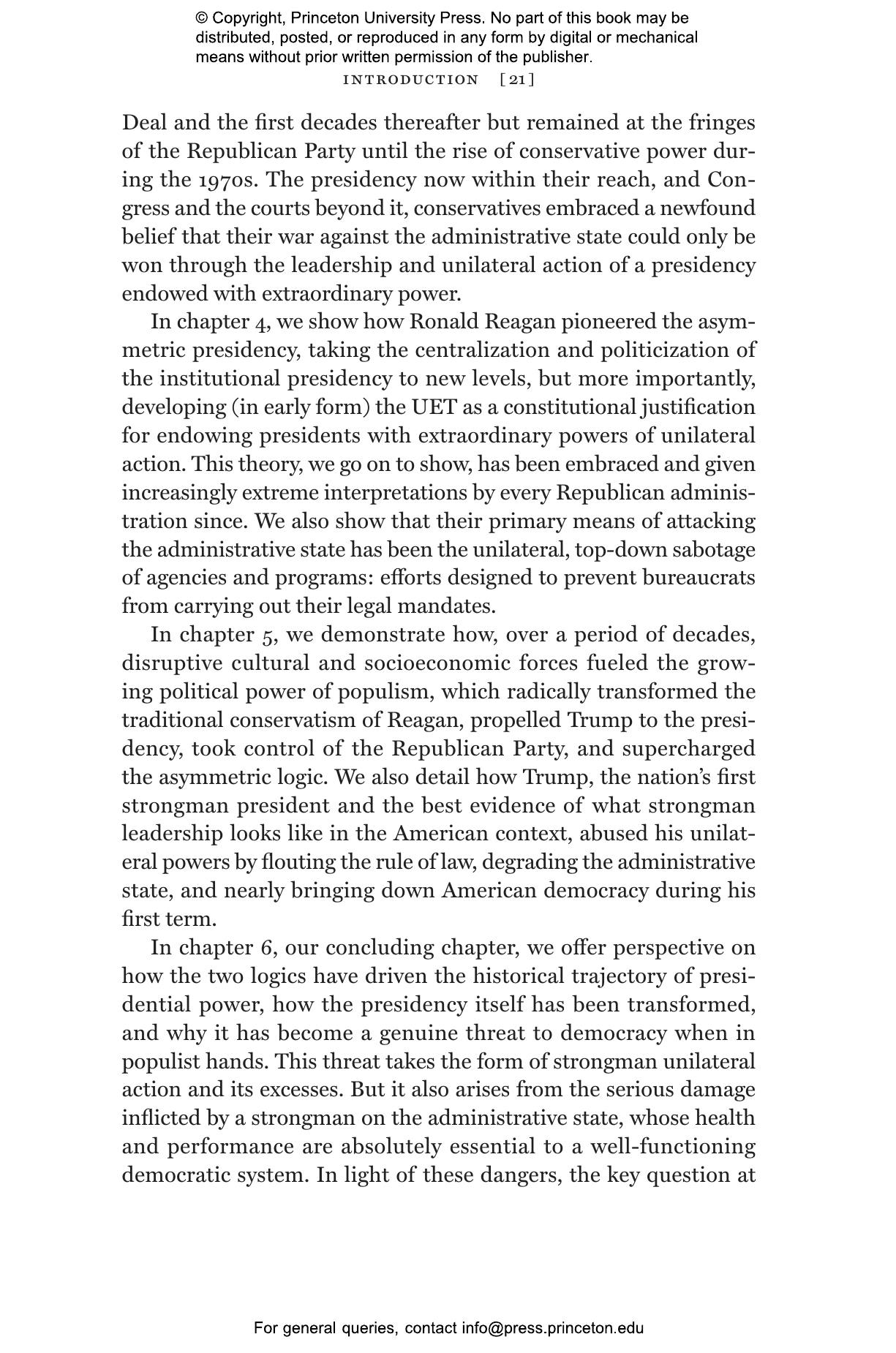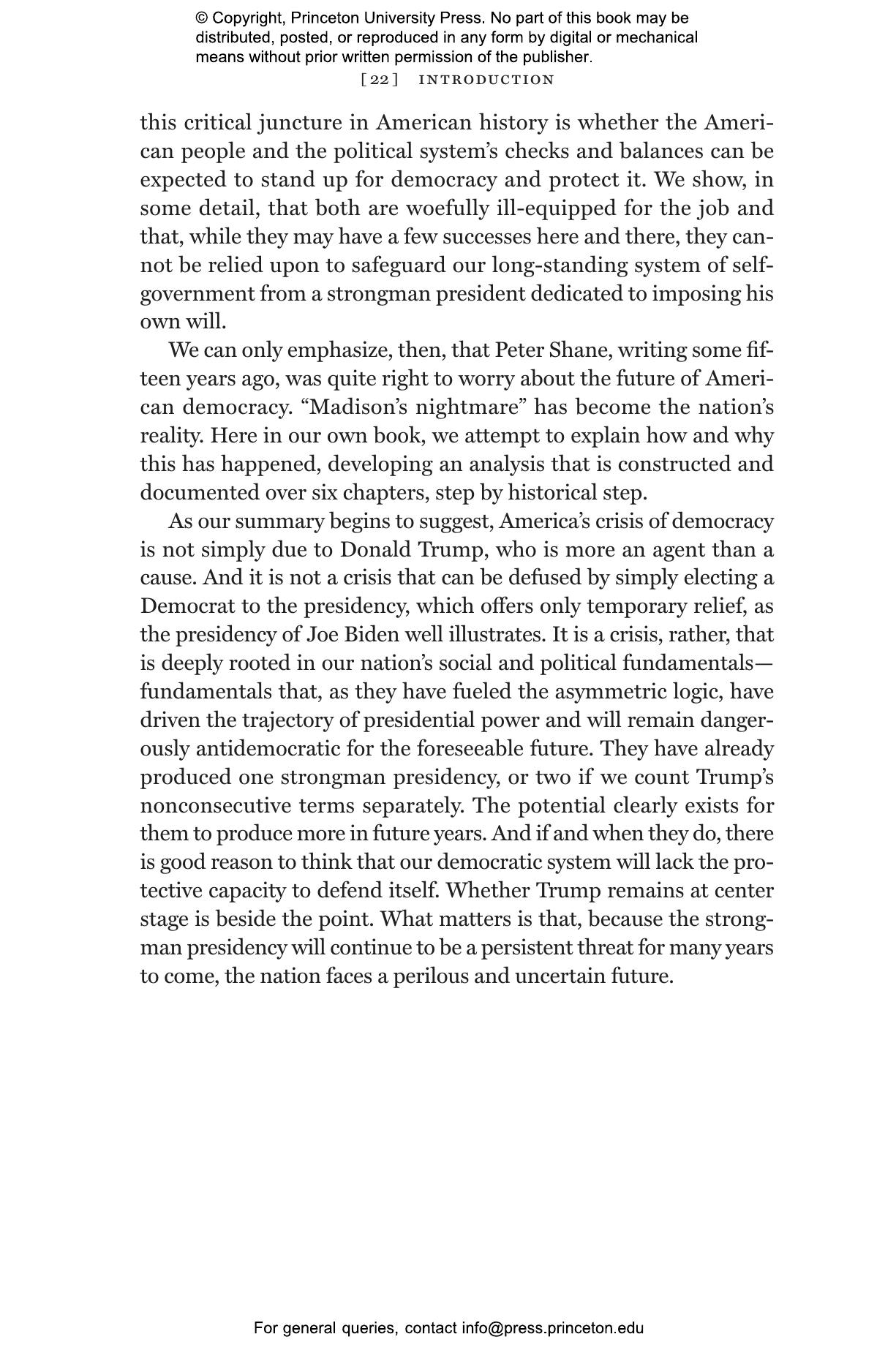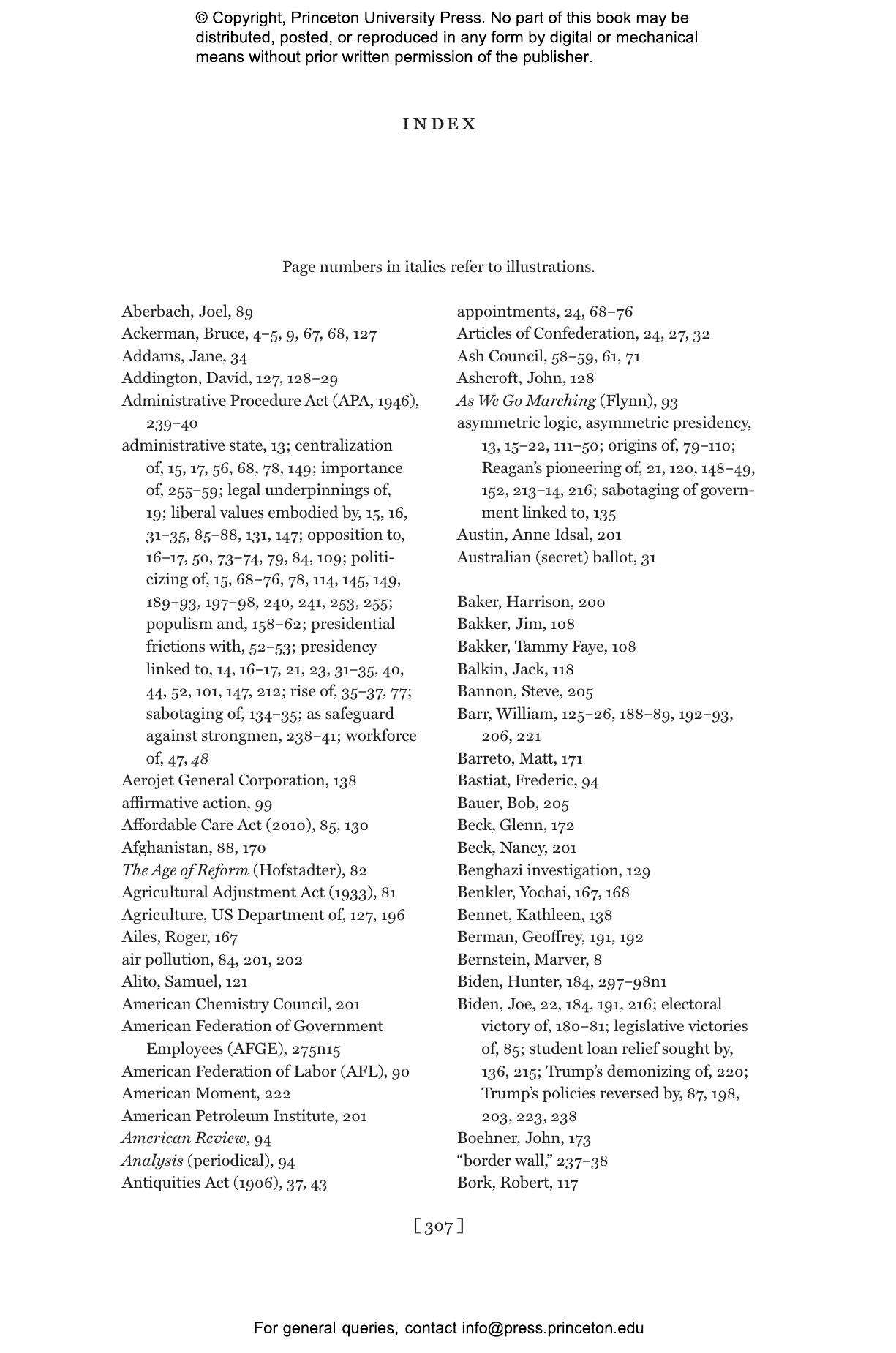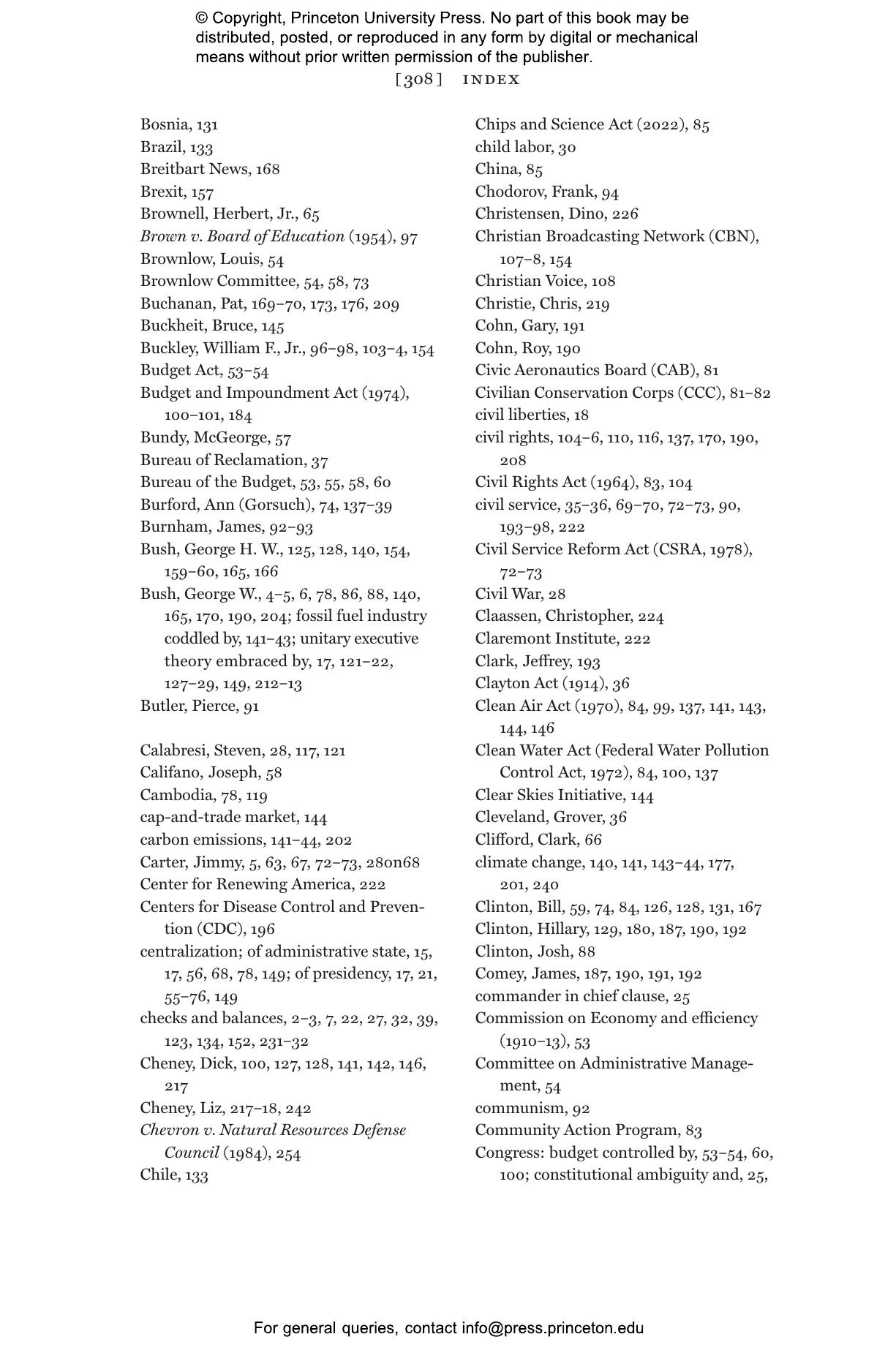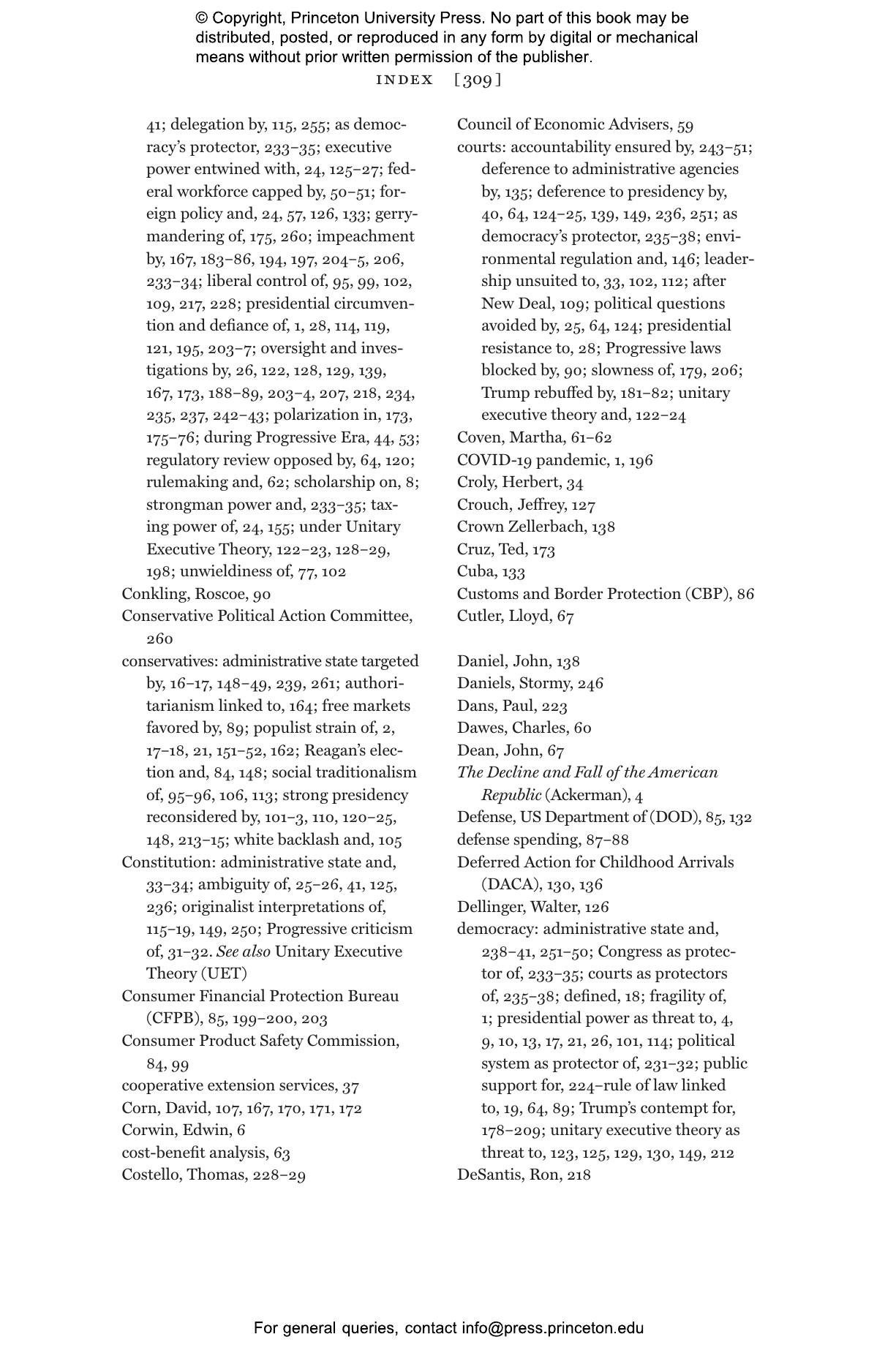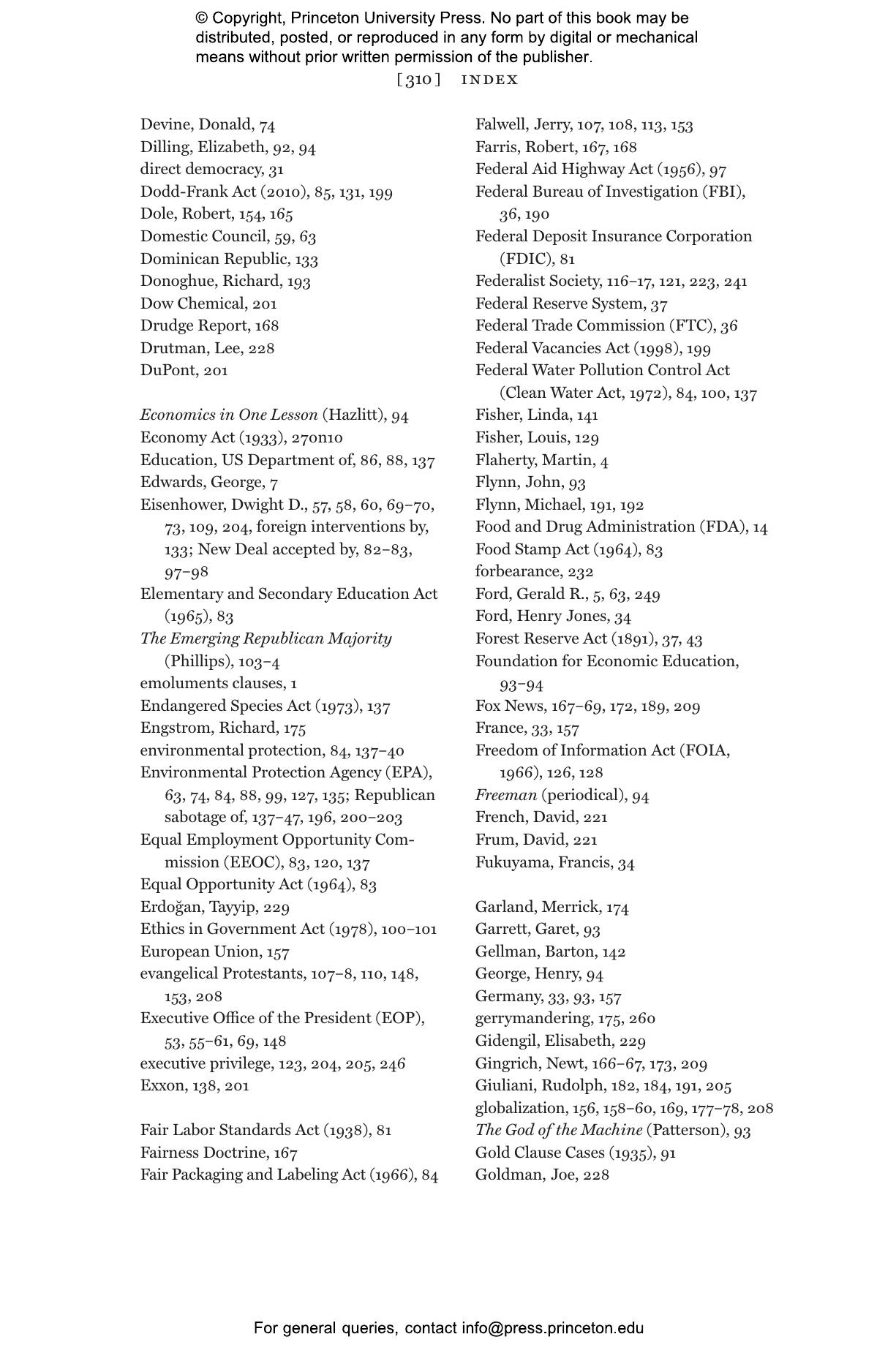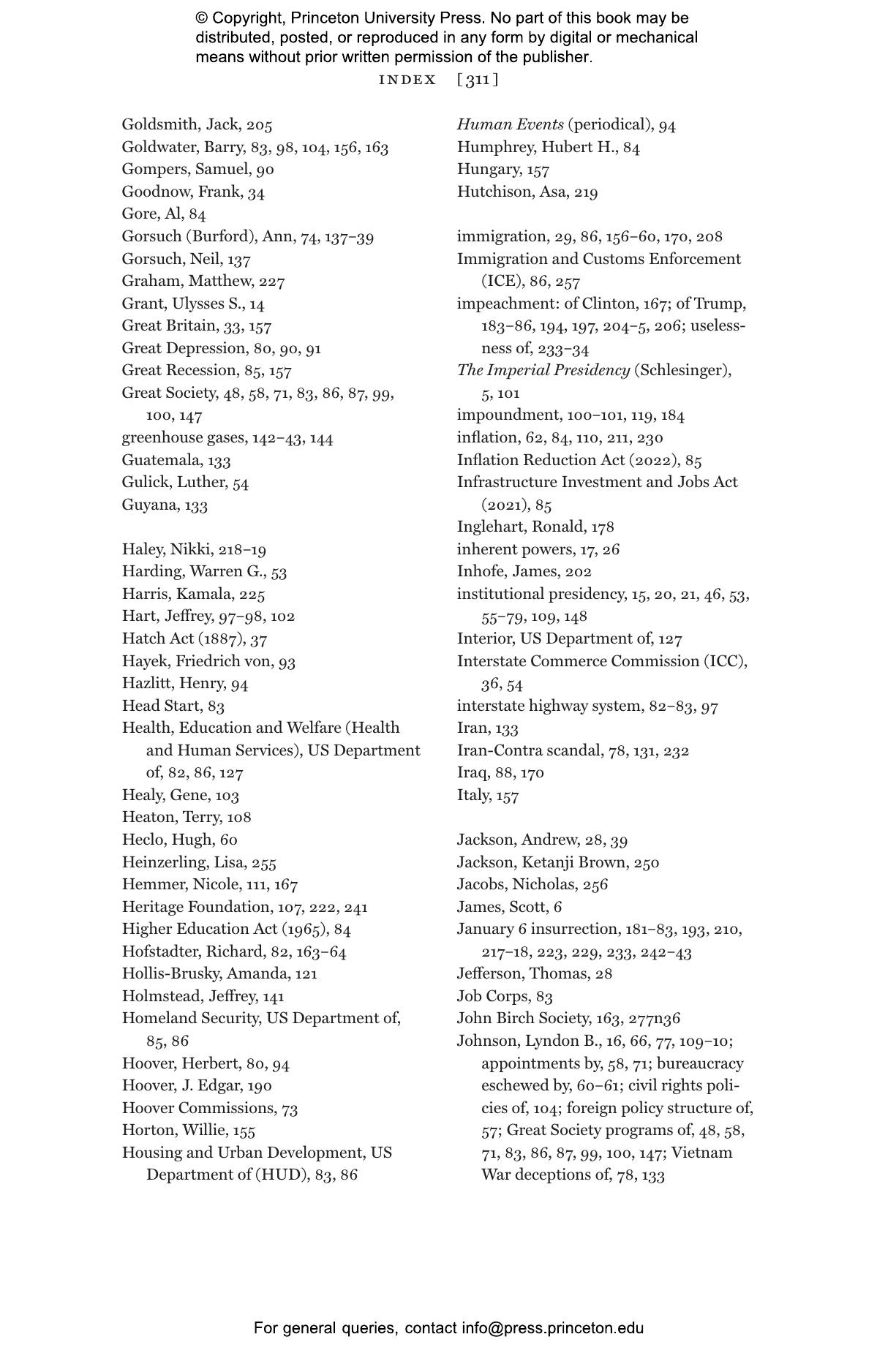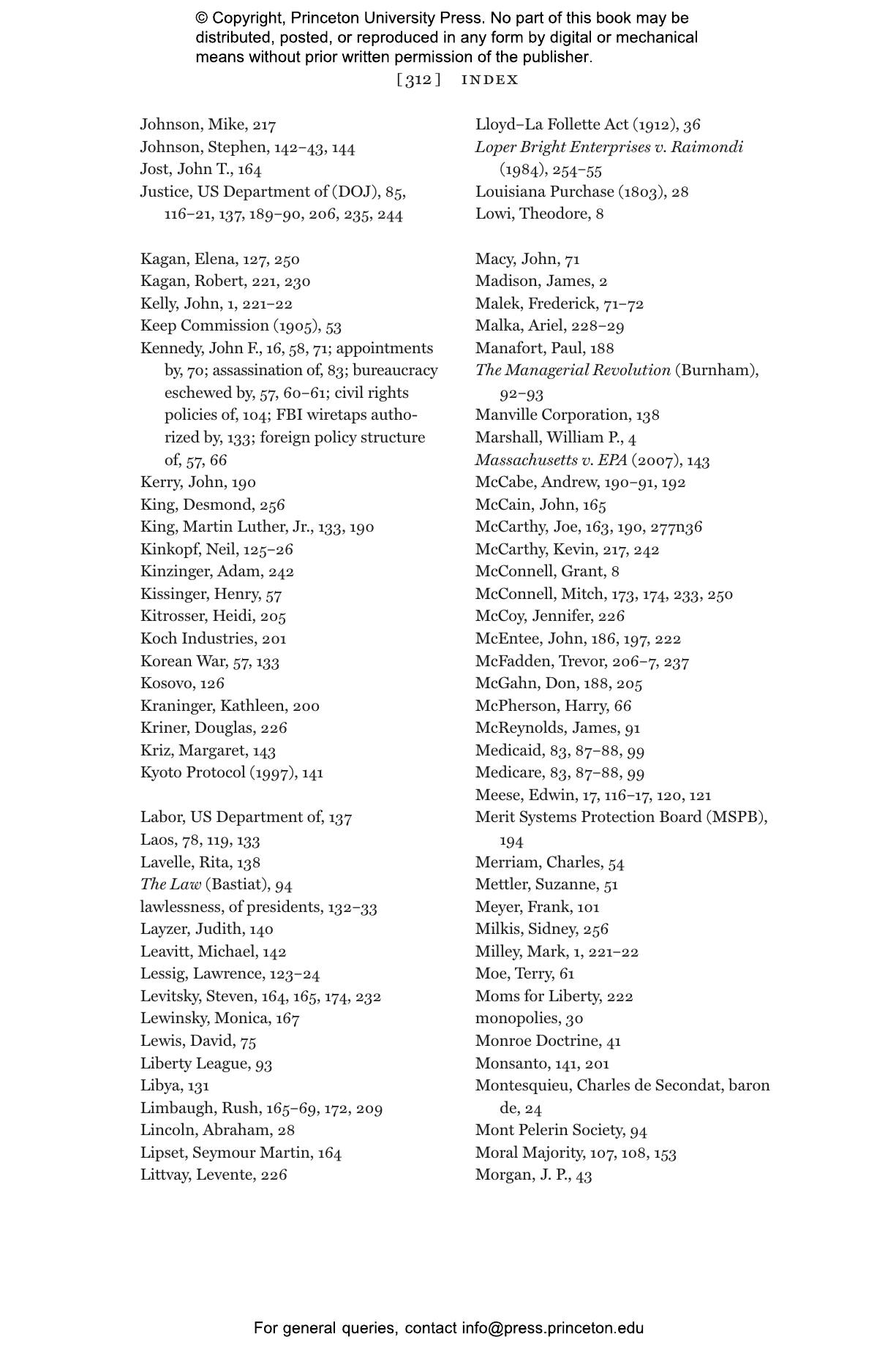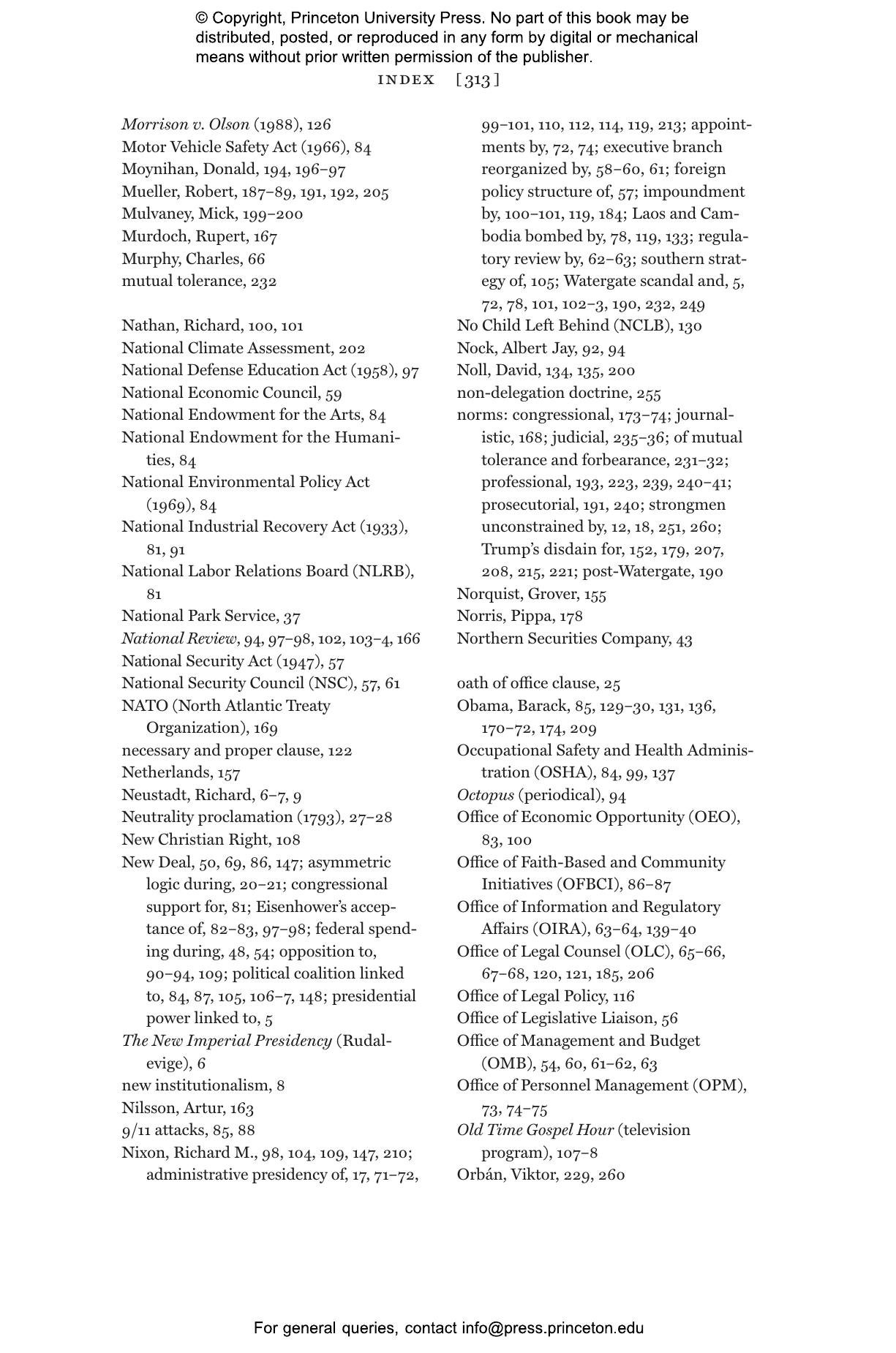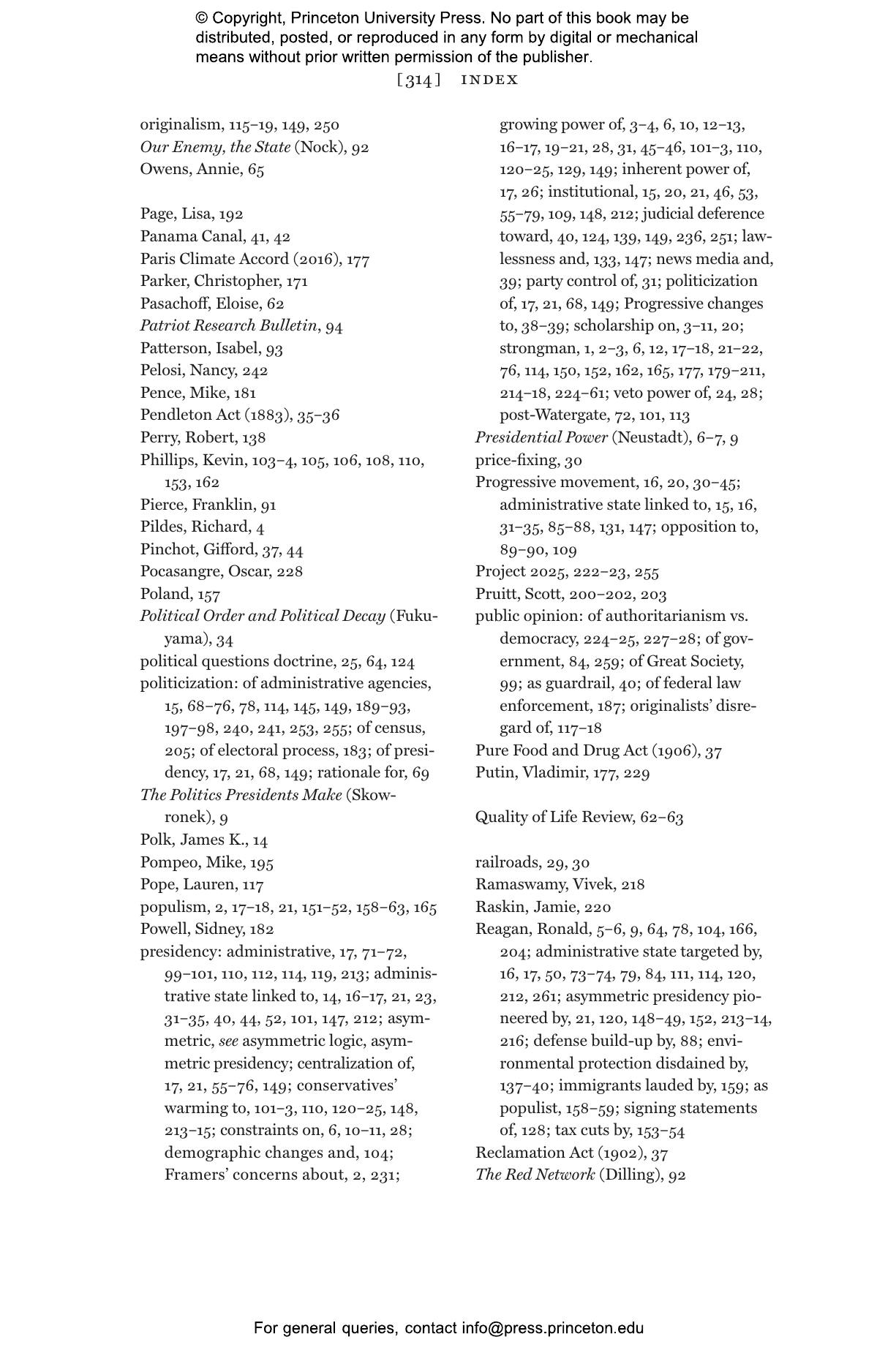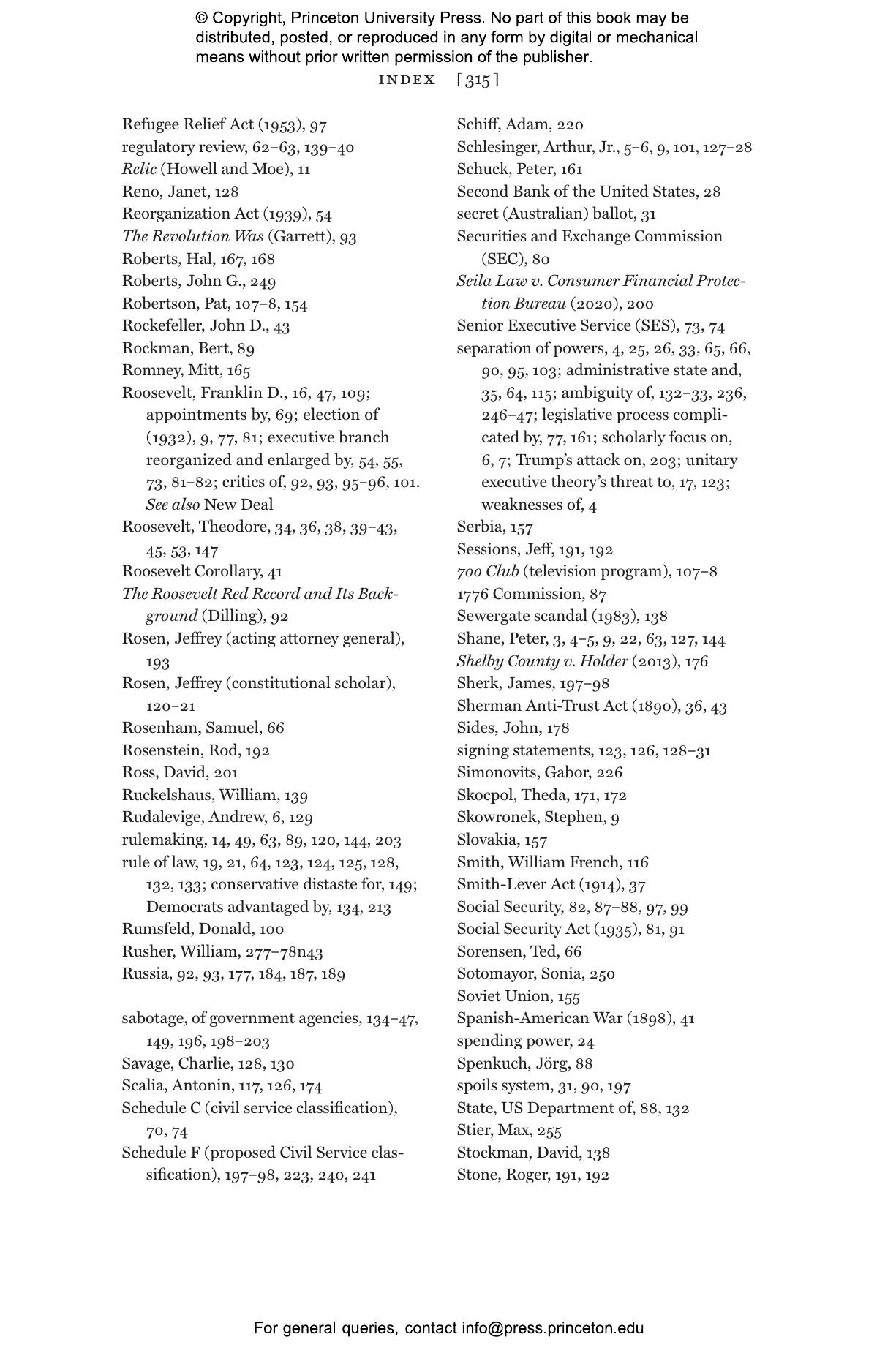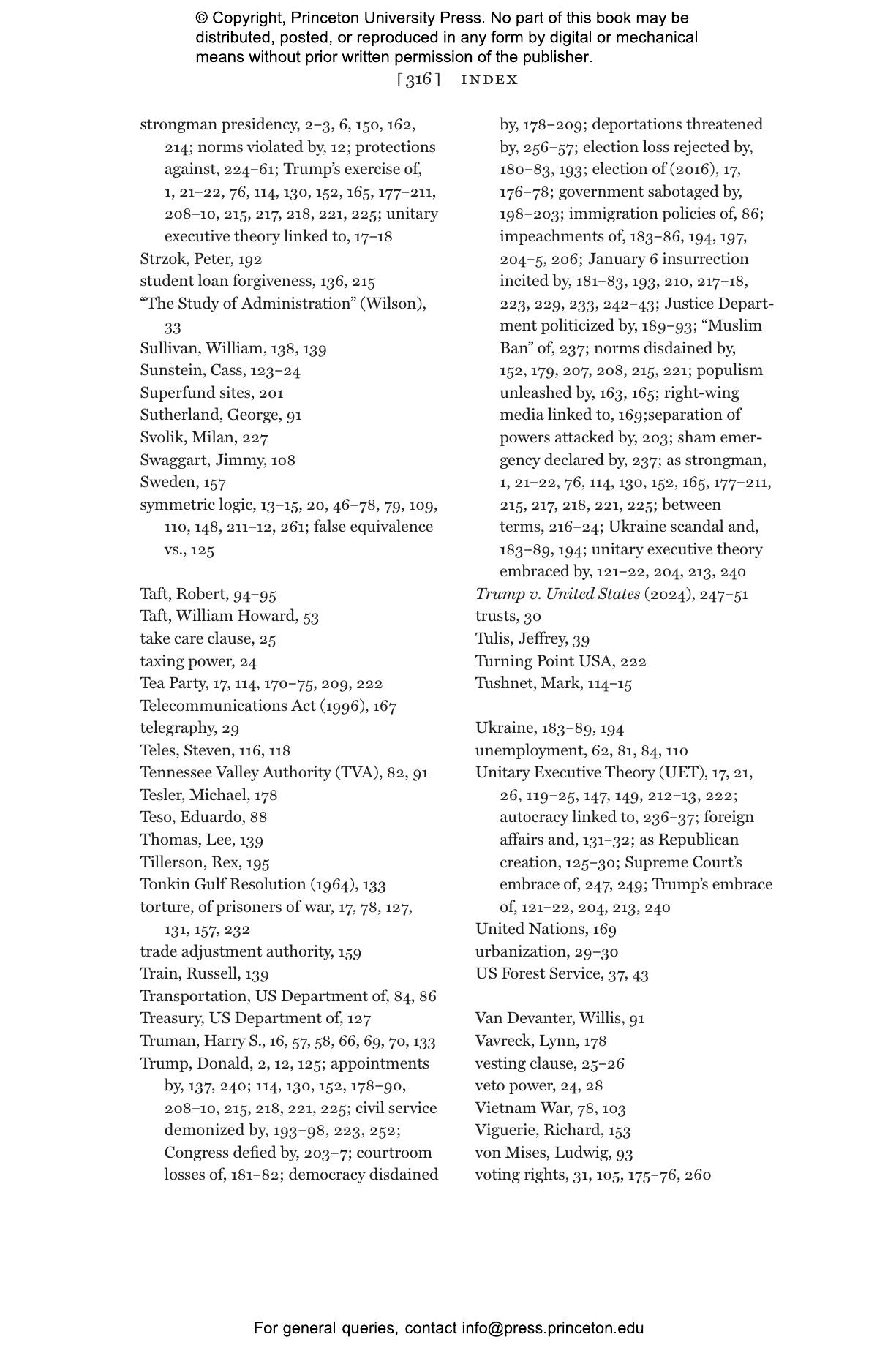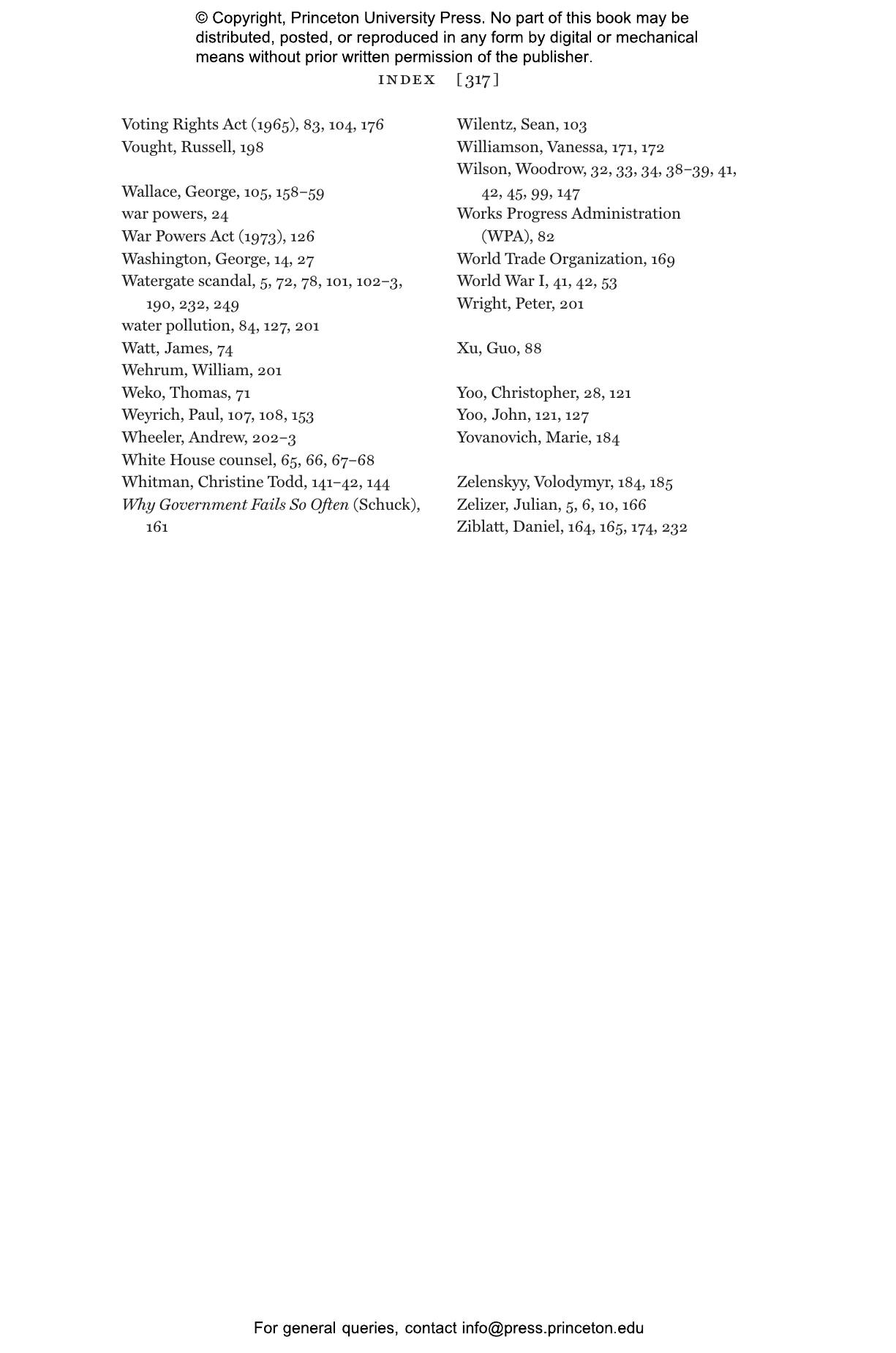In Trajectory of Power, leading political scientists William Howell and Terry Moe provide a sweeping account of the historical rise of presidential power, arguing that it has now grown to the point where, in the wrong hands, it threatens to subvert American democracy and replace it with a de facto system of strongman rule, whether led by Donald Trump or someone else.
The book shows that, for much of the twentieth century, Republican and Democratic presidents pursued power in very similar ways and almost always within democratic bounds. But Republican presidents since Ronald Reagan, in a transformation that has grown increasingly extreme over time, have gone beyond the ÔÇťnormalÔÇŁ incentives that have traditionally shaped presidential behaviorÔÇöand still shape the behavior of Democratic presidentsÔÇöto pursue a presidency of such expansive unilateral power, and with such disregard for basic democratic requirements, that it puts democracy at serious risk.
Trajectory of Power traces this divergence in approach to the backlash of conservatives against the administrative state, and to their epiphany that a war on big government could only be waged through a presidency of extraordinary power. With this vision in mind, ReaganÔÇÖs Justice Department pioneered the Unitary Executive Theory, which justified vast expansions of unilateral presidential power and was further radicalized over the decades as the Republican Party became more ideologically extreme, more populist, more anti-system, and ultimately more supportive of a strongman presidency.
Timely, urgent, and original, Trajectory of Power reveals how the presidency has been profoundly transformed during the modern eraÔÇöand why it now puts our democracy in imminent danger.
William G. Howell is dean of the School of Government and Policy and professor of political science and public policy at Johns Hopkins University. Terry M. Moe is the William Bennett Munro Professor of Political Science Emeritus at Stanford University and a Senior Fellow Emeritus at the Hoover Institution. Together, Howell and Moe are the authors of Presidents, Populism, and the Crisis of Democracy and Relic.
34508
"A consequential account of the possible death of democracy—by a thousand cuts—in the name of authoritarianism."ÔÇöKirkus Reviews
“From tariffs on our closest allies to the mass firing of civil servants, the presidency of Donald Trump has been a bonfire of constitutional practice. But as Howell and Moe show in their deeply perceptive new book, Trump set fire to underbrush that had been piling up for decades, in the form of an administrative state that continued to grow even as it failed to generate Republican consent. Agree or disagree with their analysis, this work by two of America’s most eminent political scientists is a must-read for those who wish to understand the crisis faced by our constitutional order.”—Steven M. Teles, Johns Hopkins University
“Will Trumpism outlast Trump? Howell and Moe answer with a definitive ‘yes.’ This tour de force analysis traces the evolution of Republican presidents’ efforts to retrench and even undermine the administrative state over time. Foreshadowing the persistence of our present moment, the book uncovers how novel legal theories and populist anger have fueled the rise of strongman politics.”—Douglas L. Kriner, Cornell University
“This is a powerful book. I have been thinking about it a lot since I read it. It is provocative, beautifully written, and important. Howell and Moe provide a compelling and historically situated explanation for how the modern presidency imperils democracy in the United States.”—David E. Lewis, Vanderbilt University
“Howell and Moe’s brilliant account of the interaction between the institutional presidency and the administrative state is invaluable for understanding the current state of American democracy. Their analysis persuasively explains a modern political paradox: why extraordinary presidential unilateralism became the preferred ‘conservative’ constitutional reading, while the defense of checks and balances and norms of restraint is now the ‘progressive’ stance.”—Peter M. Shane, New York University School of Law


